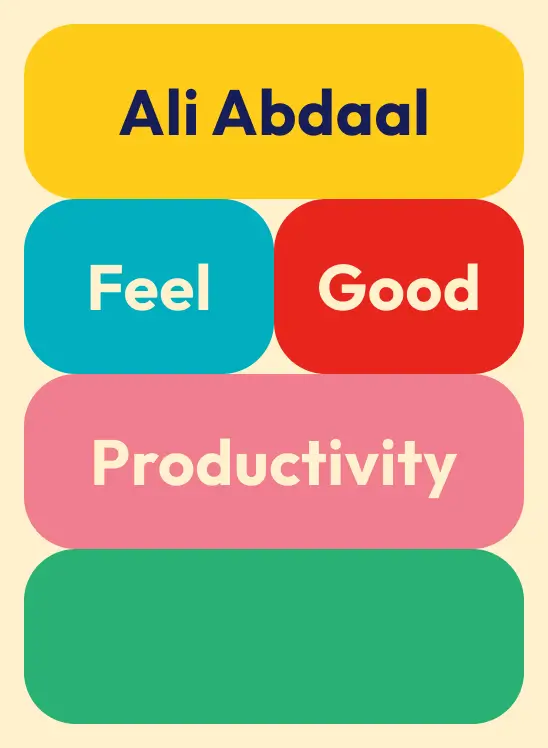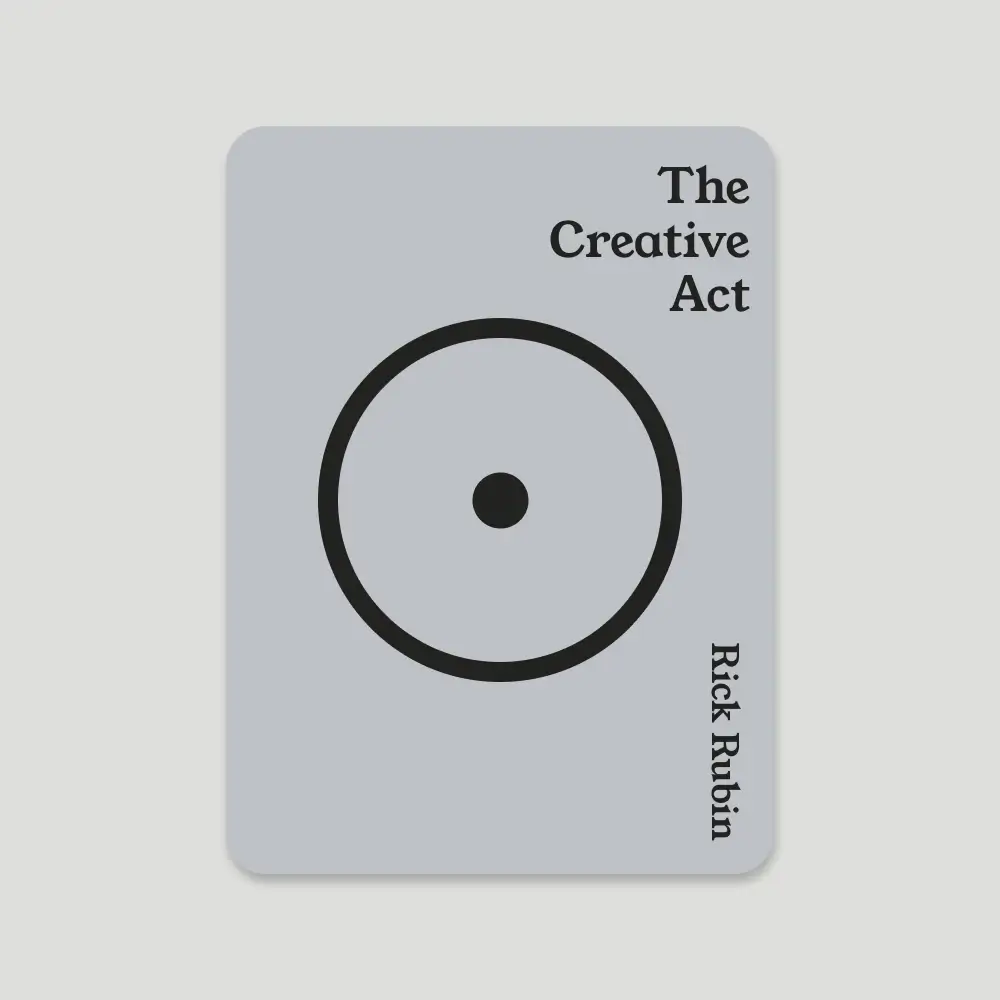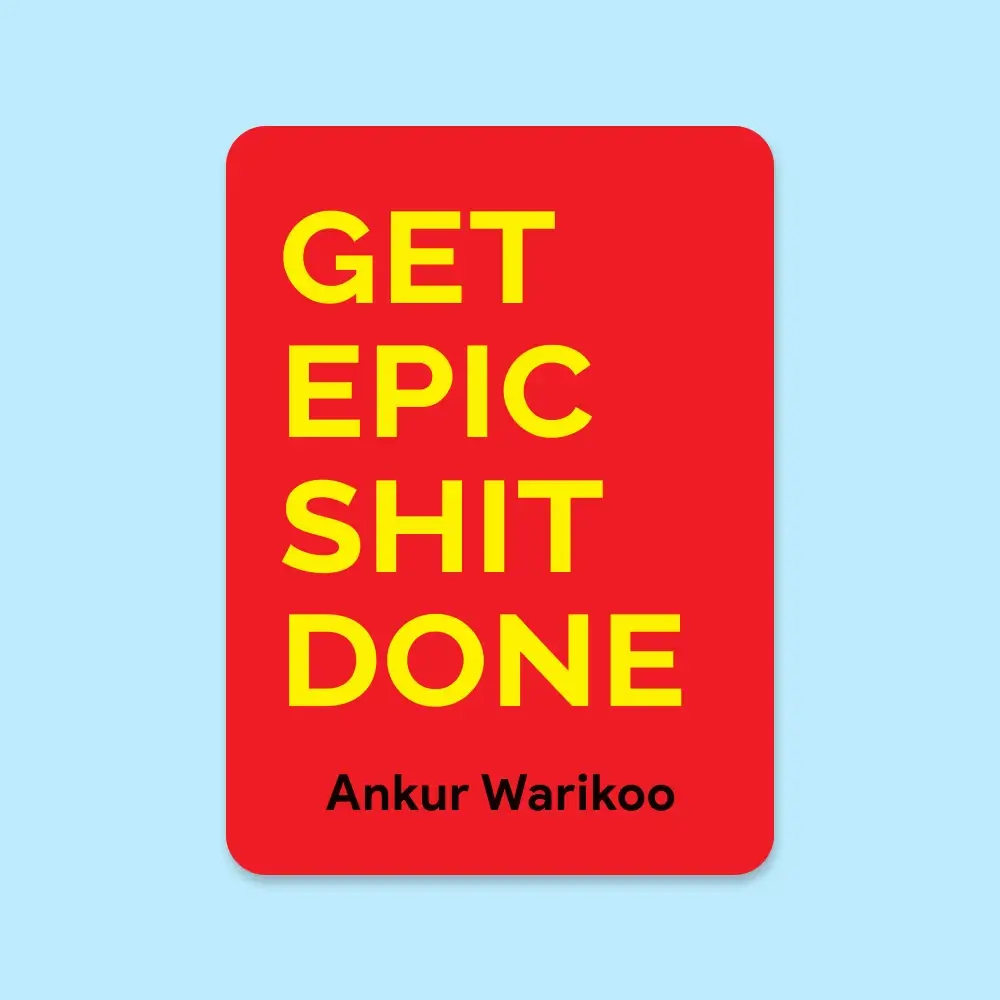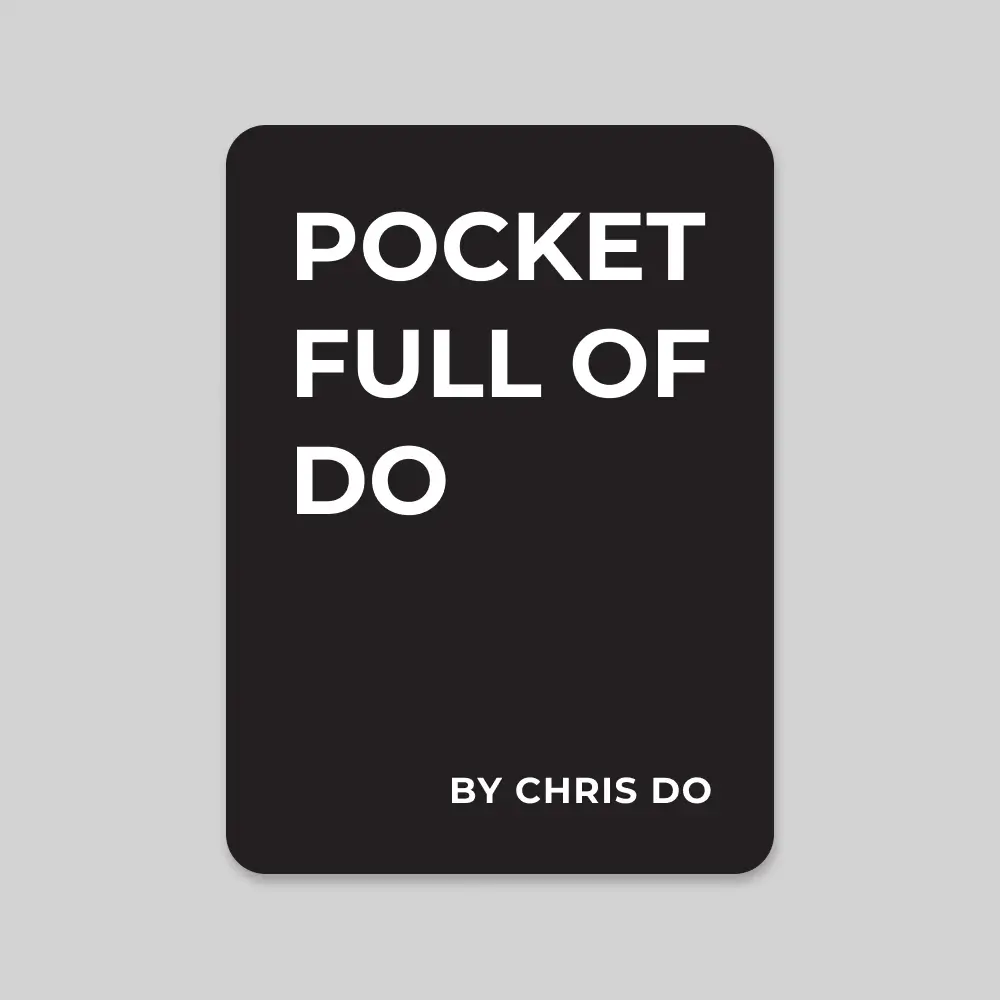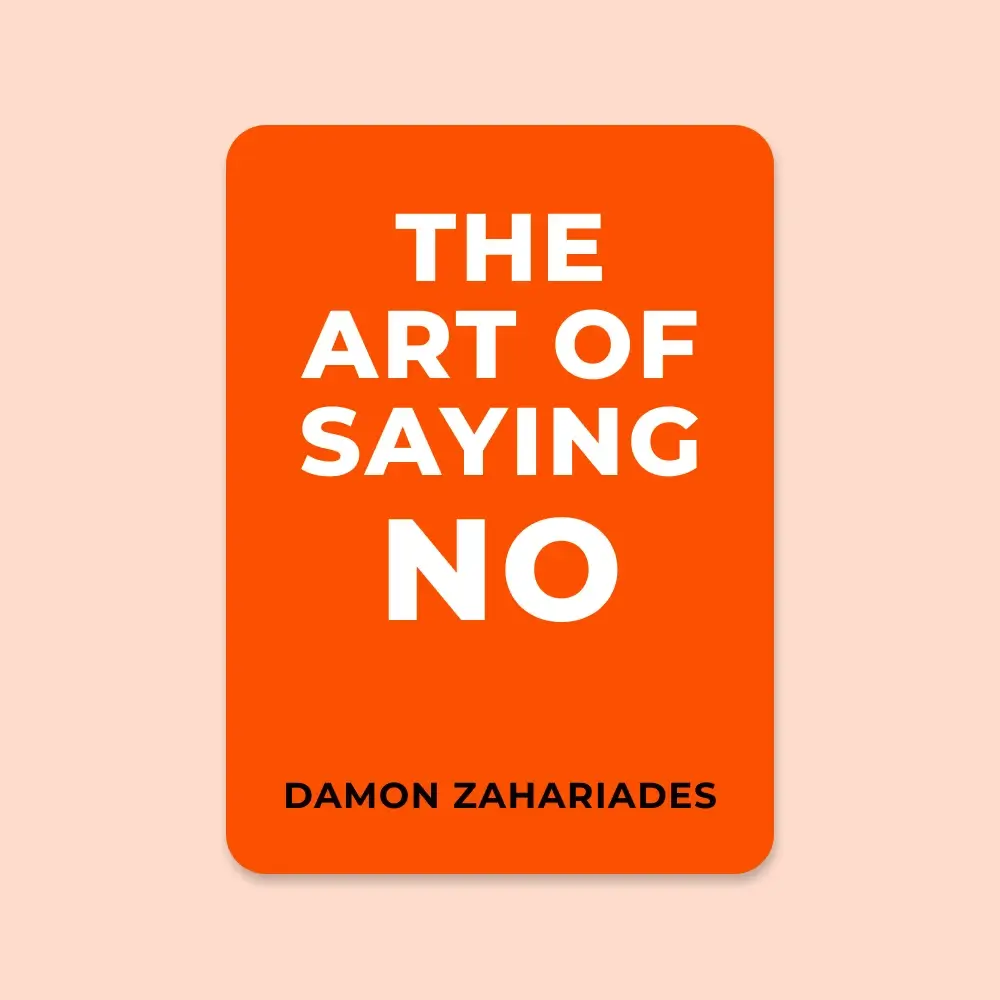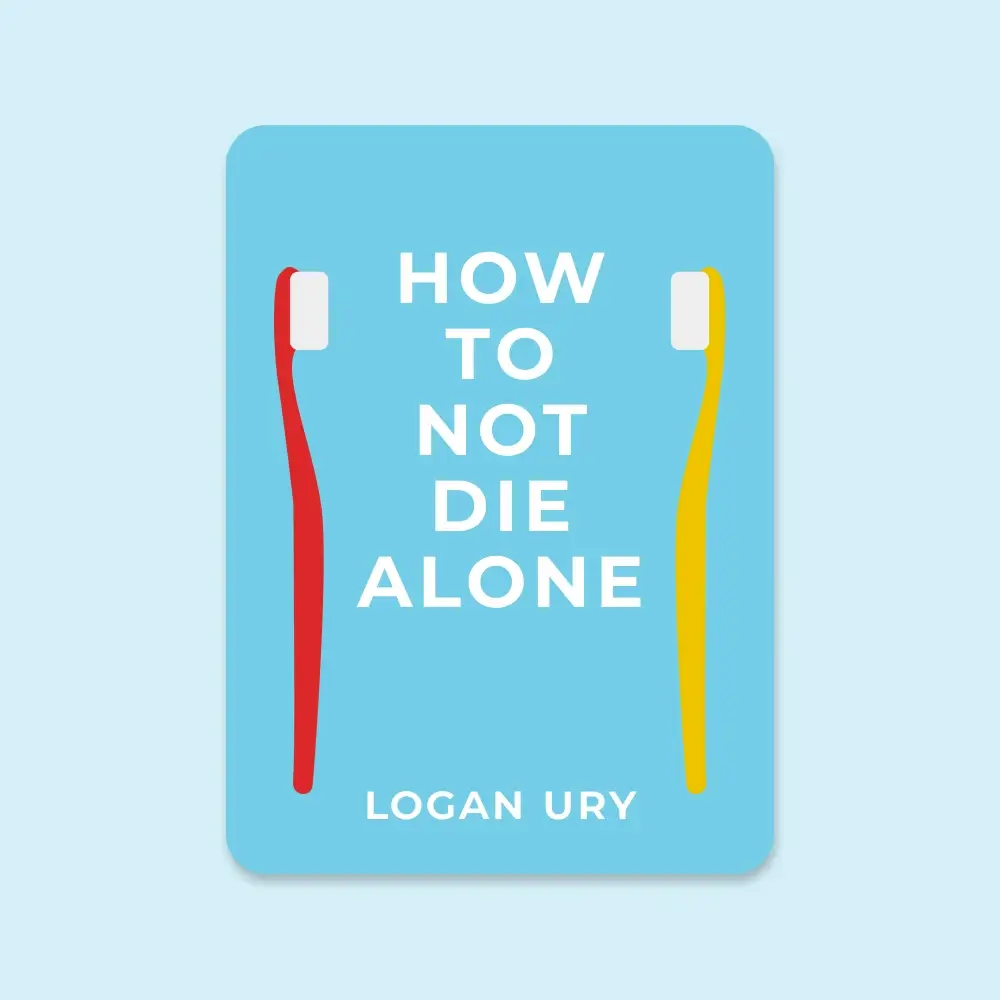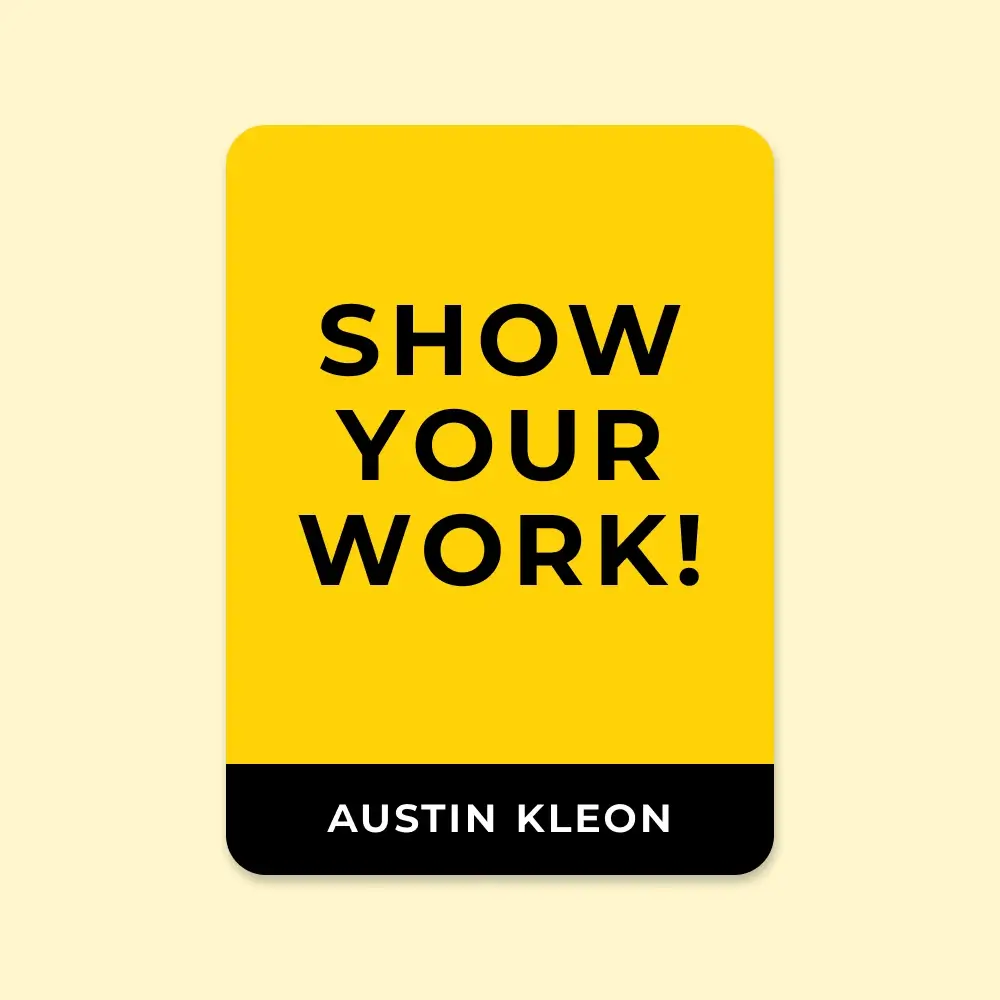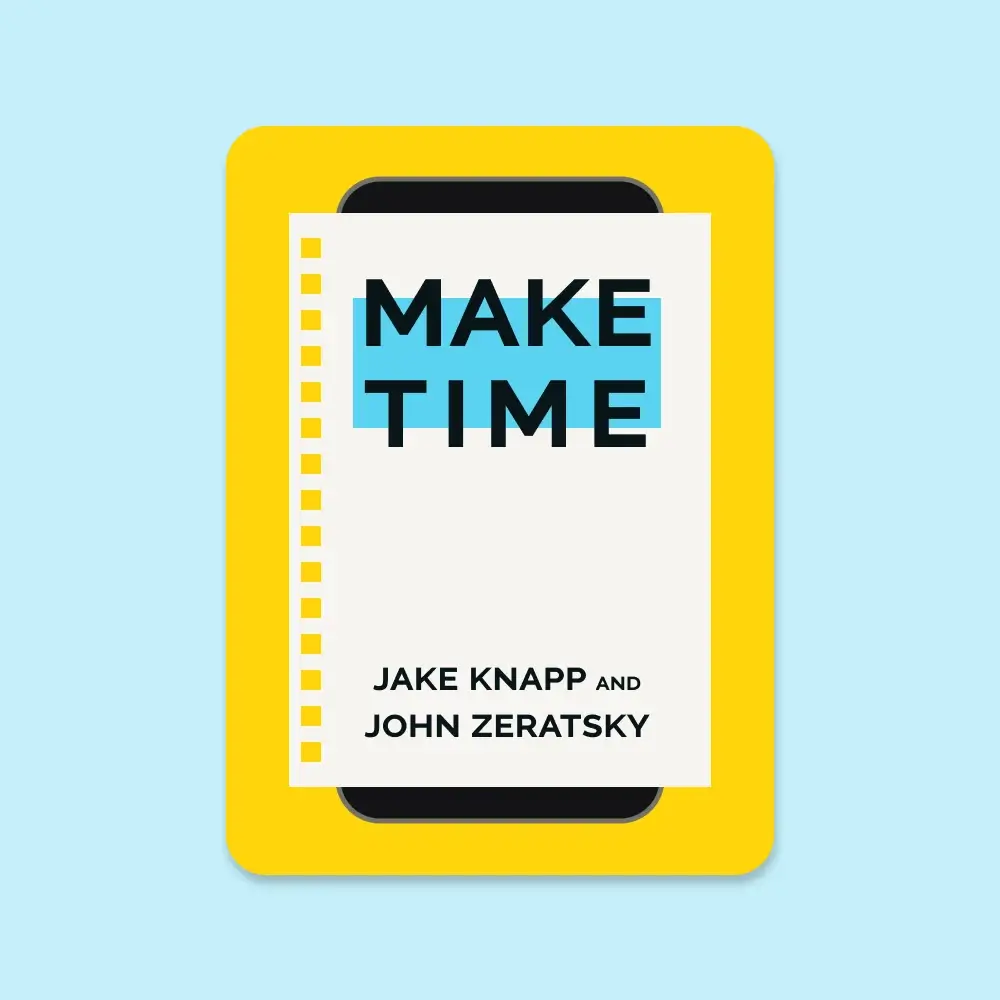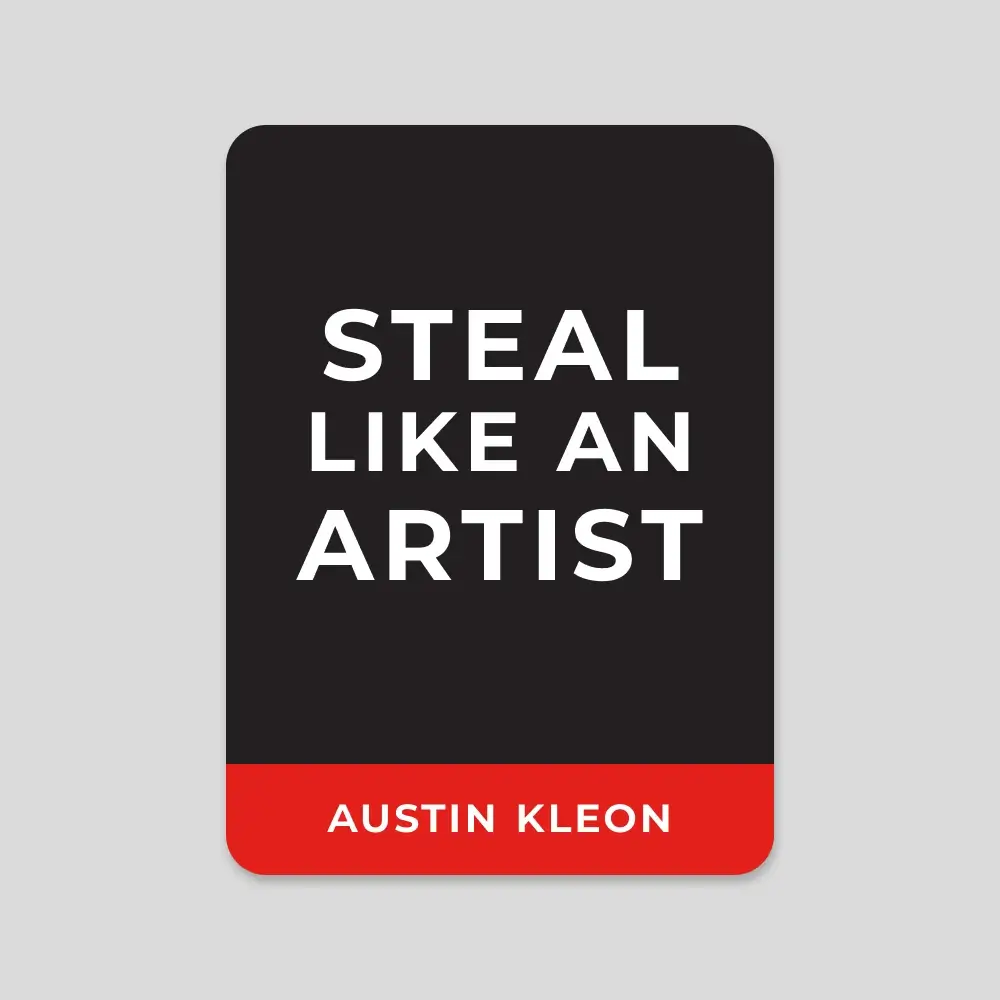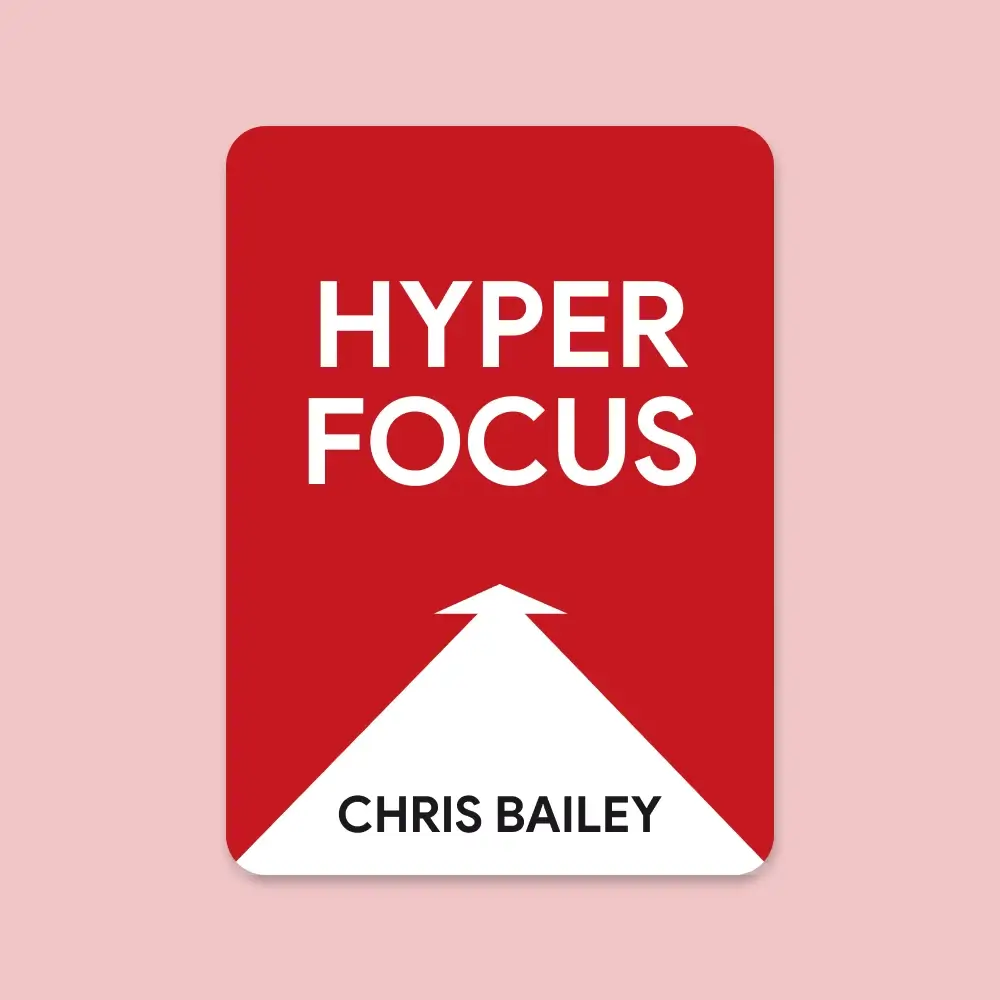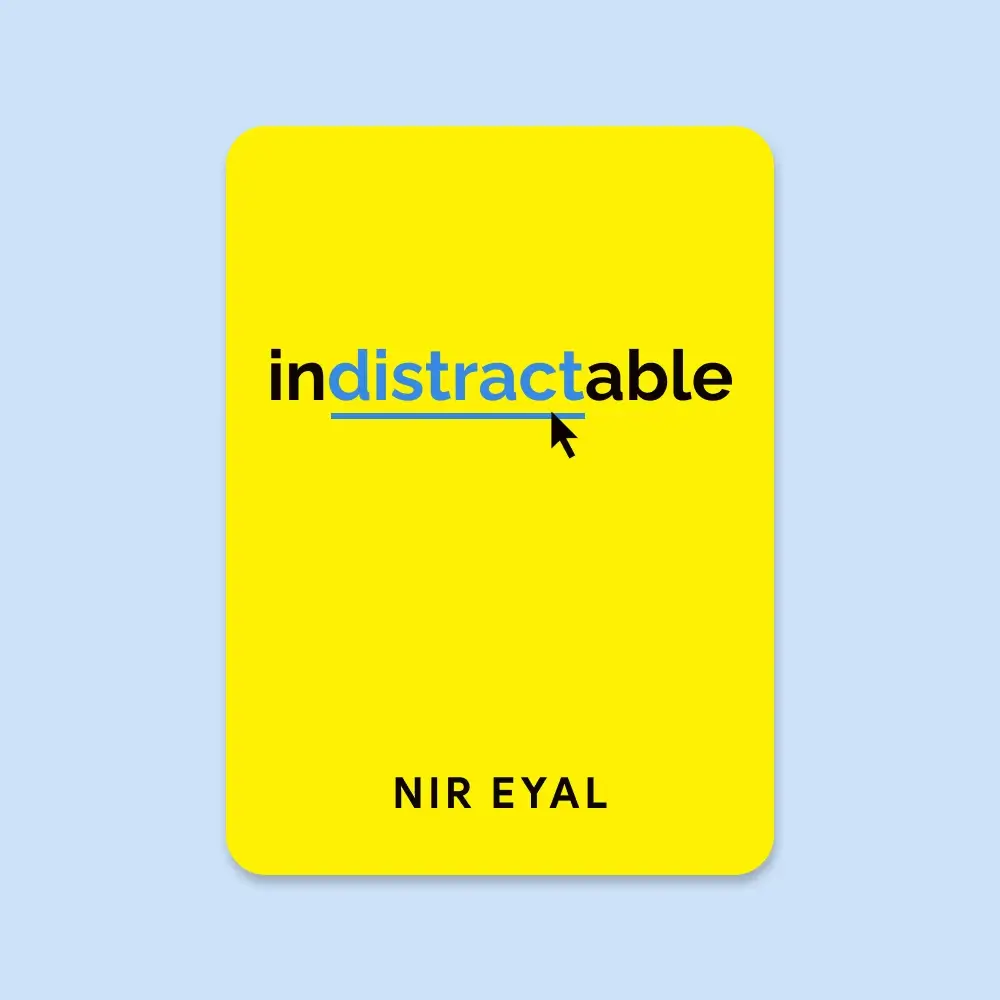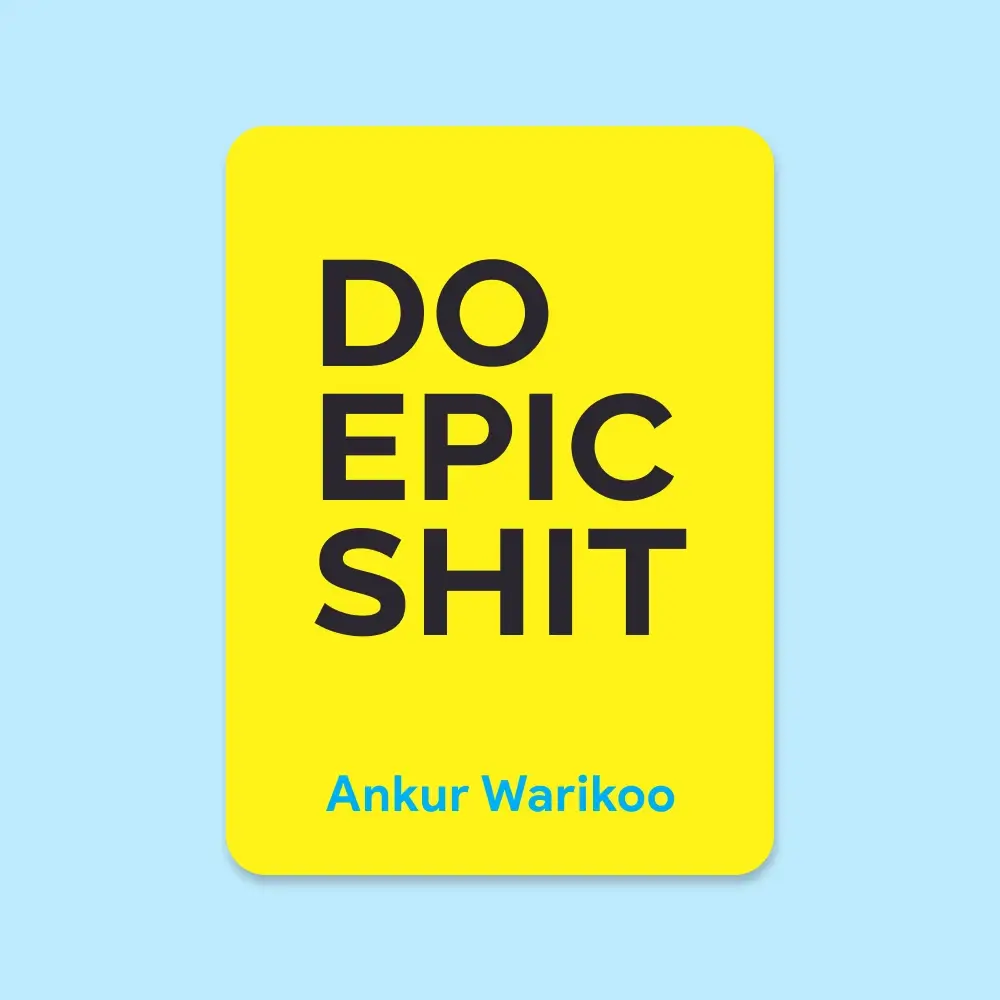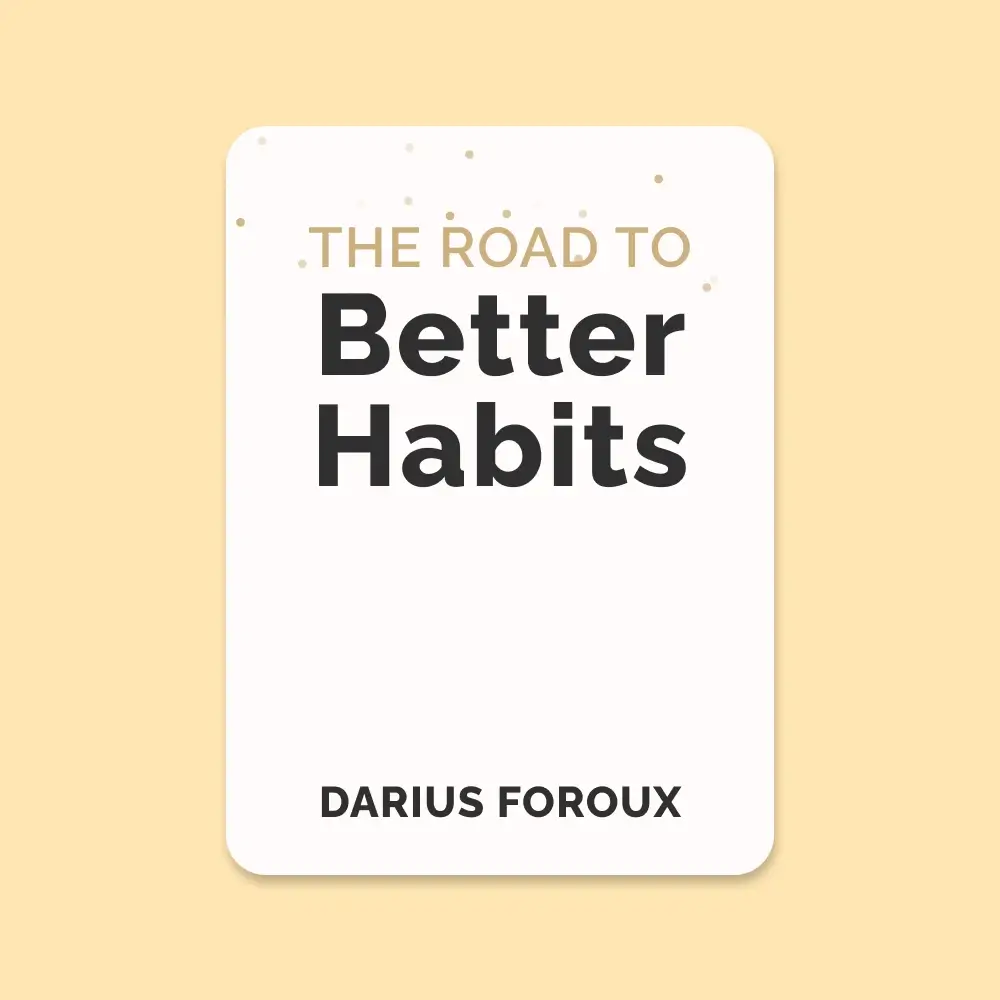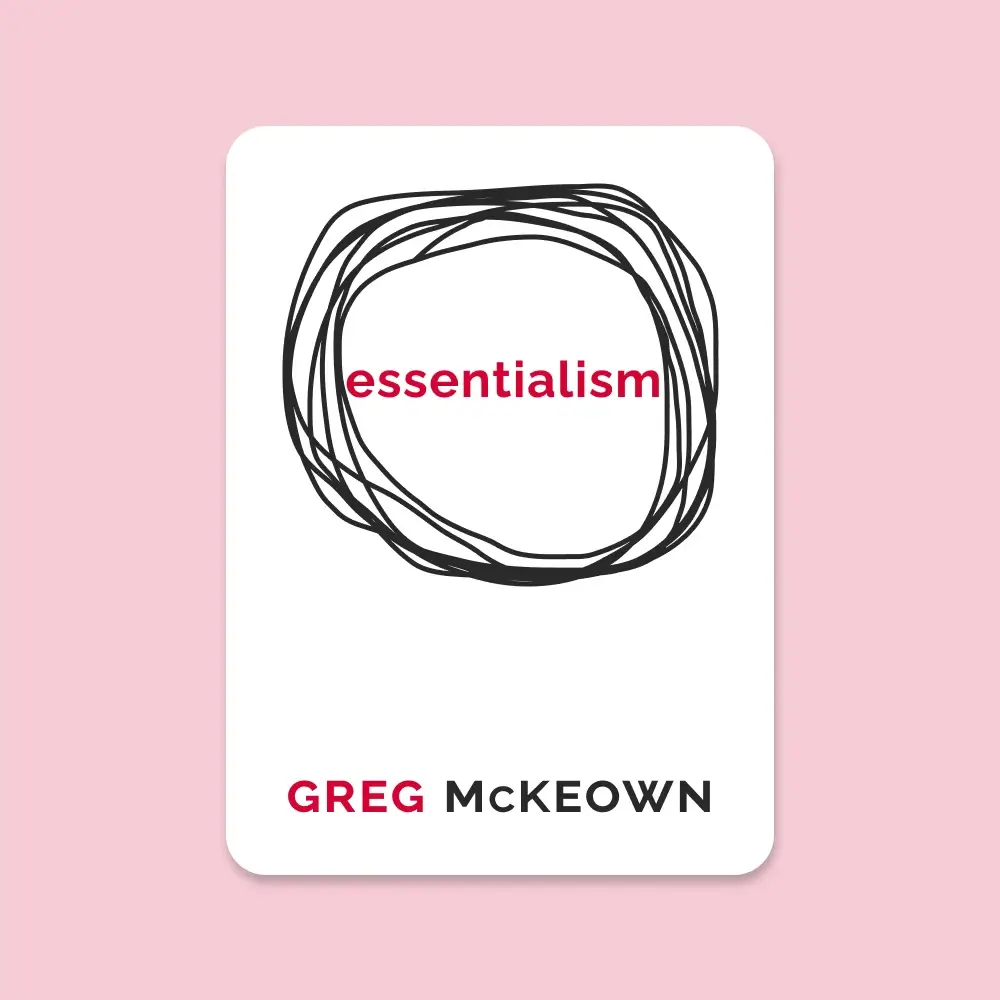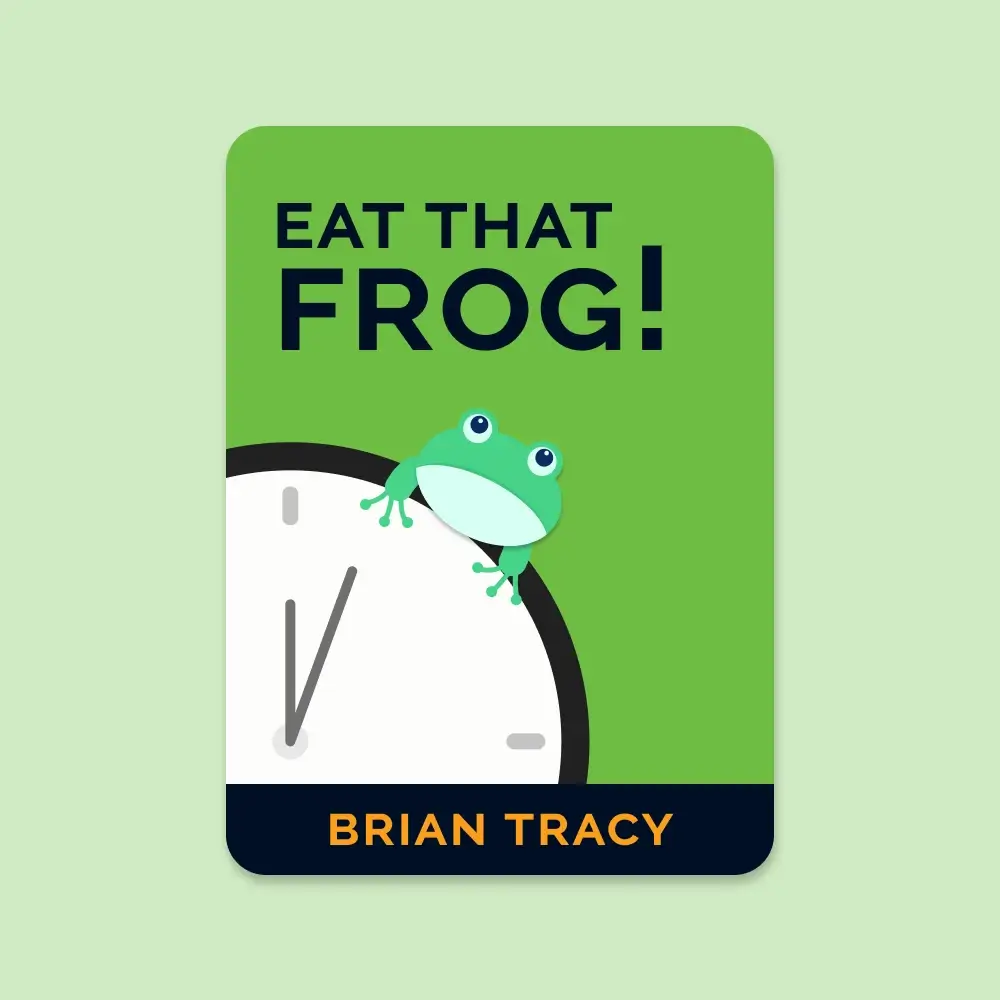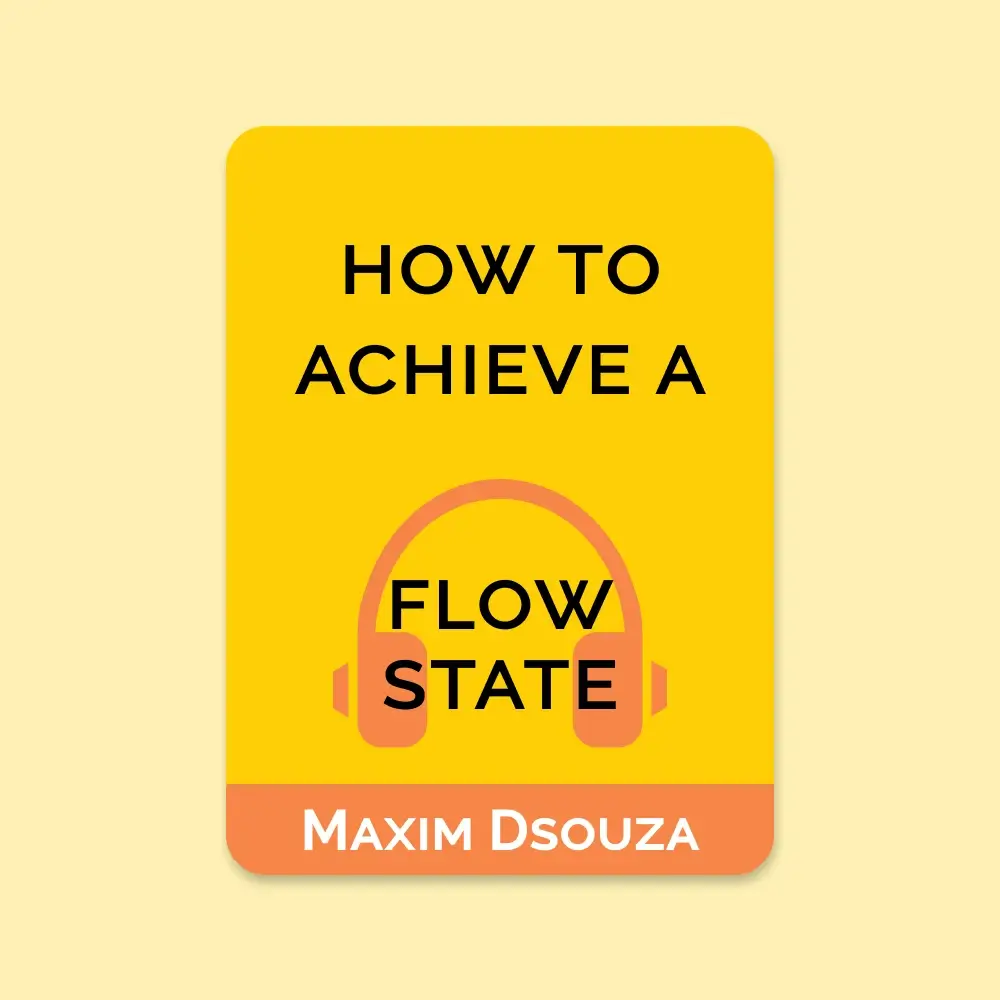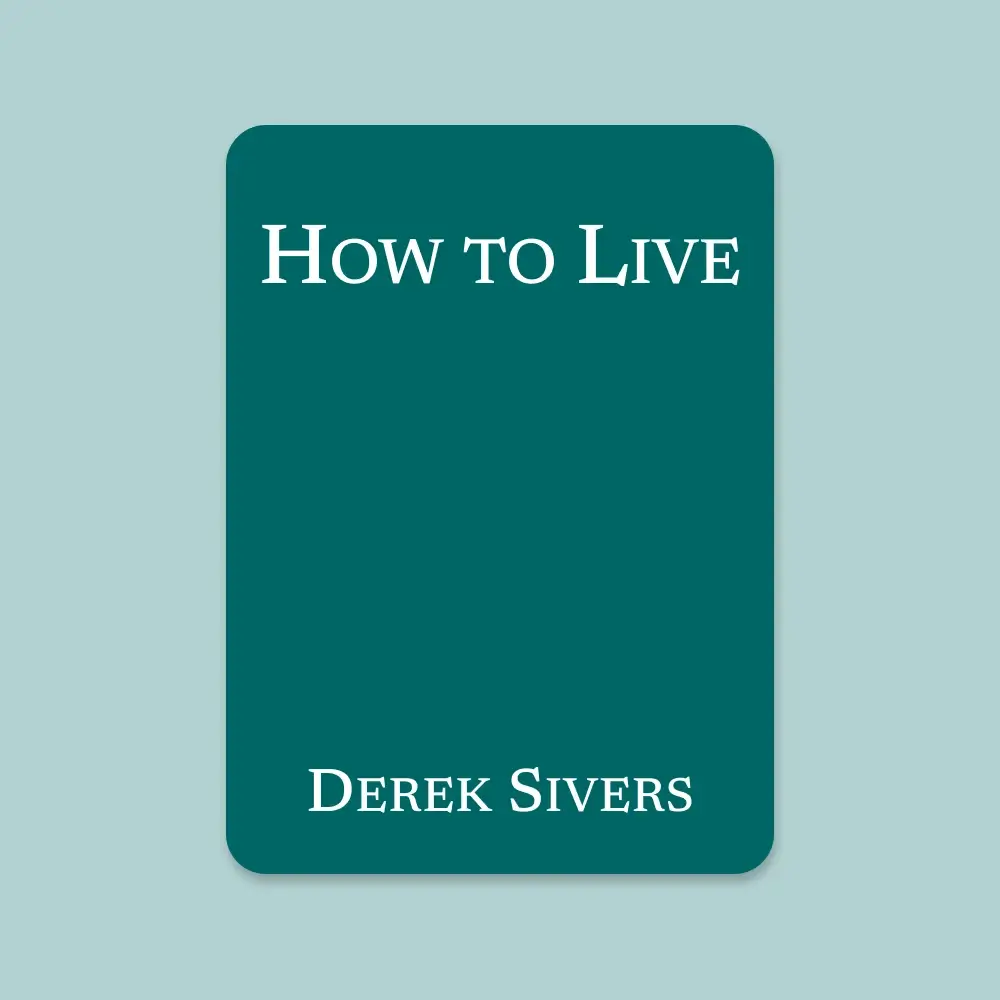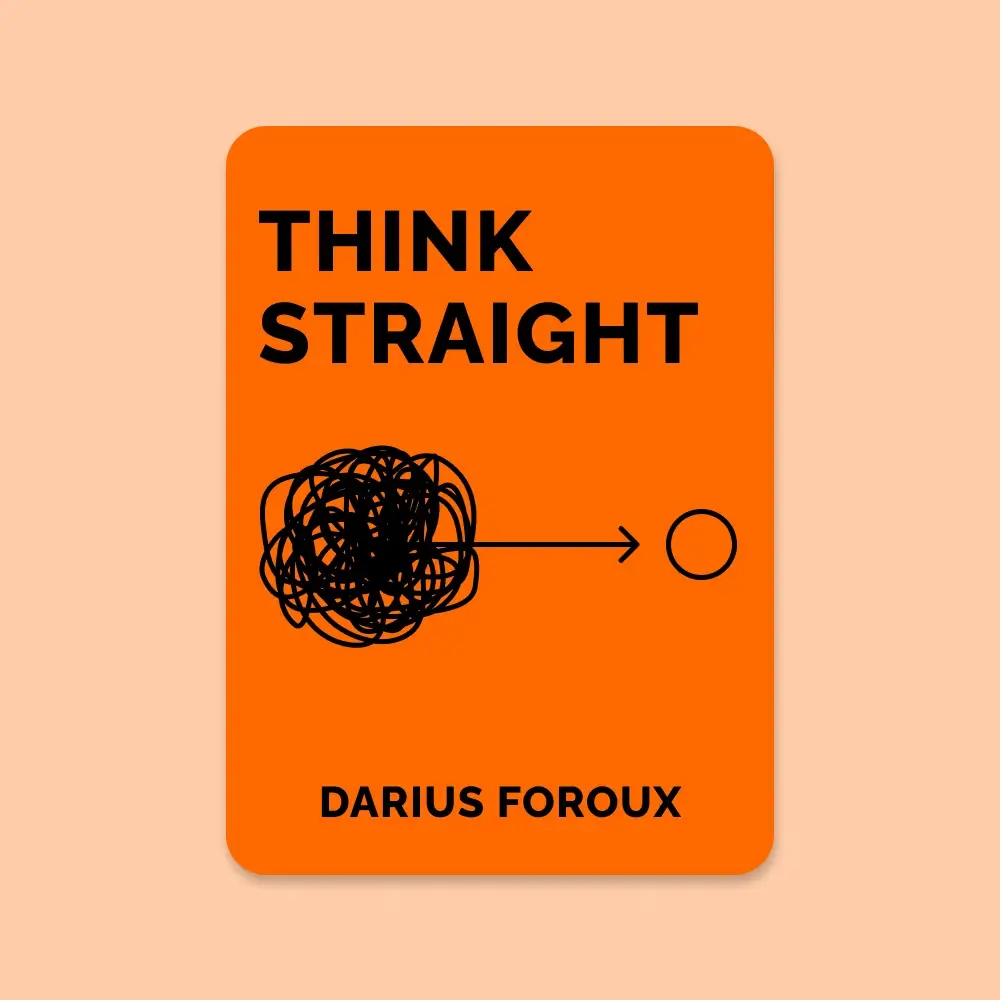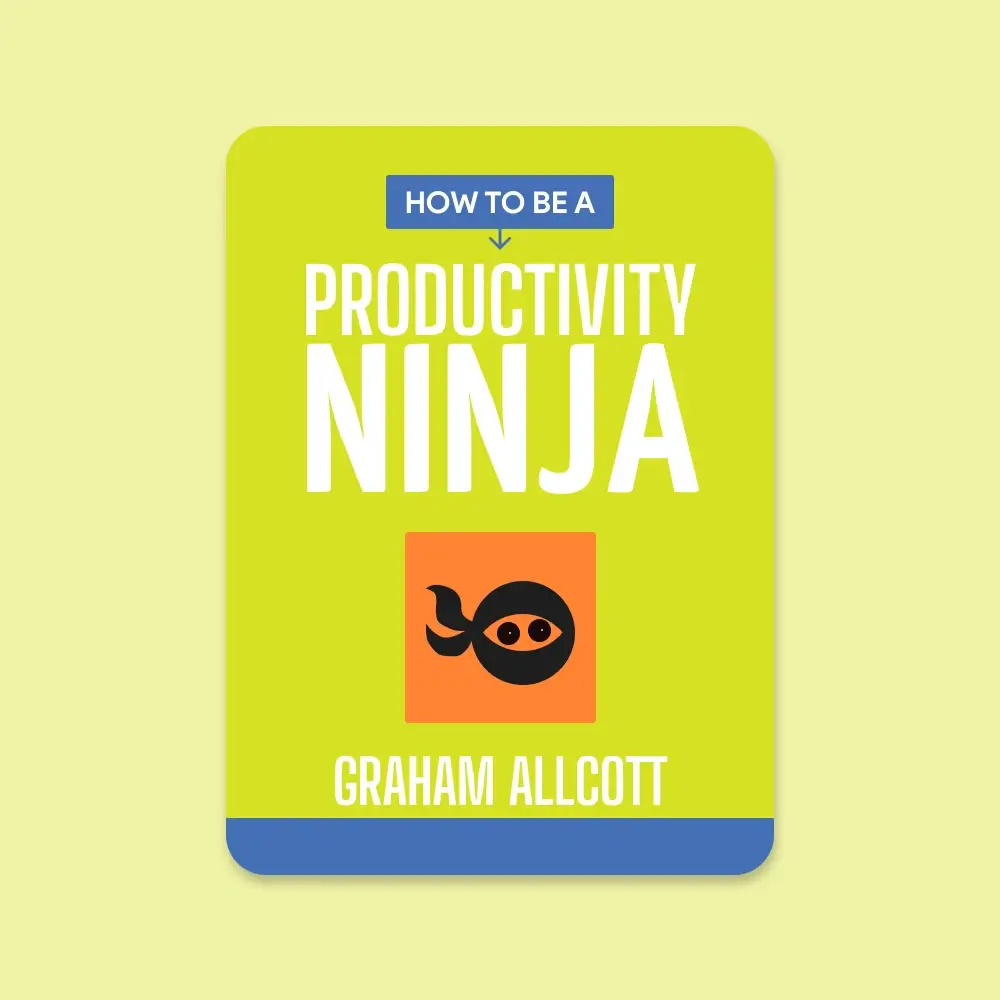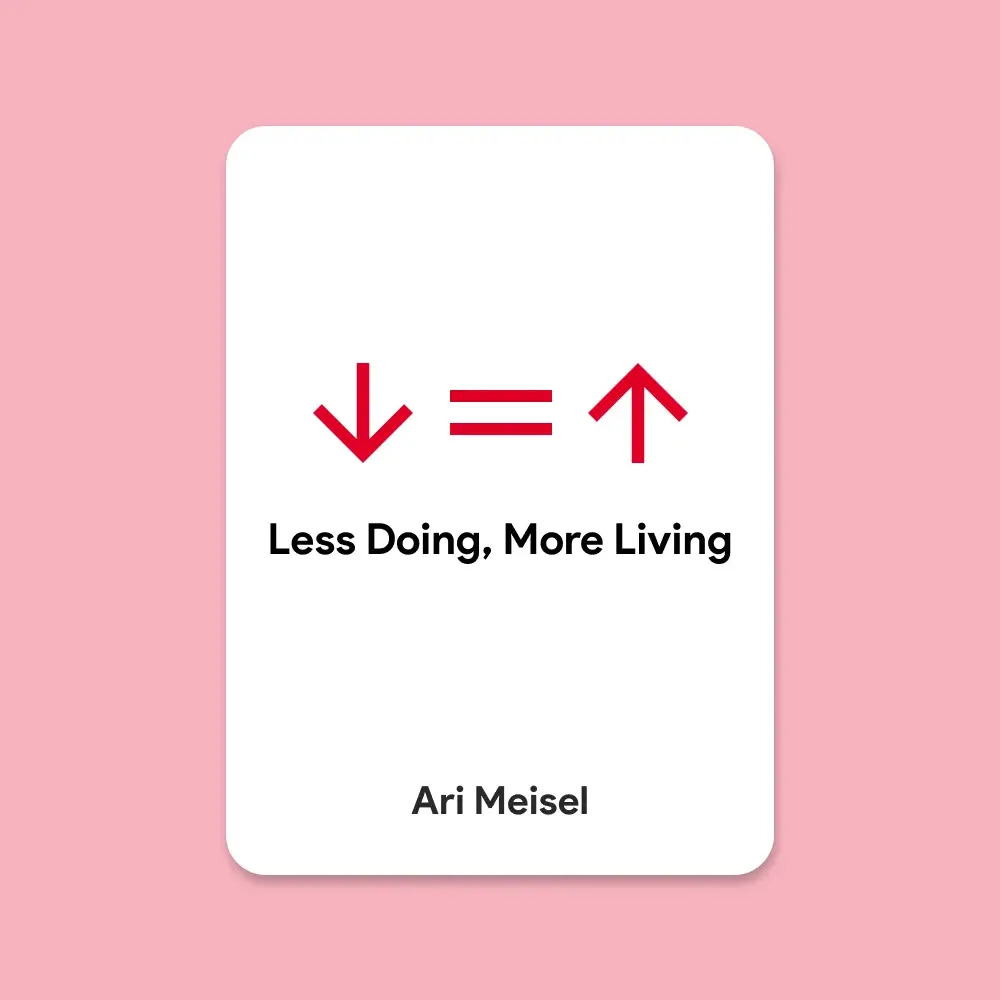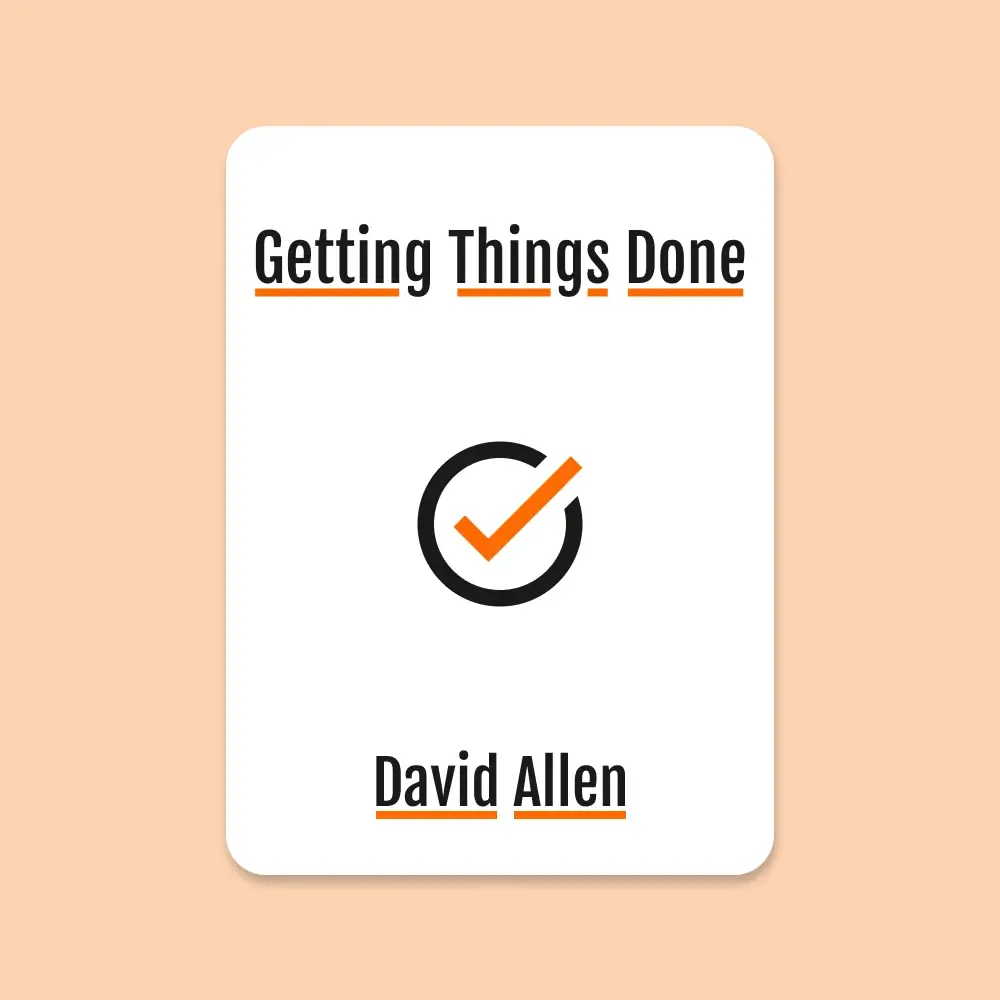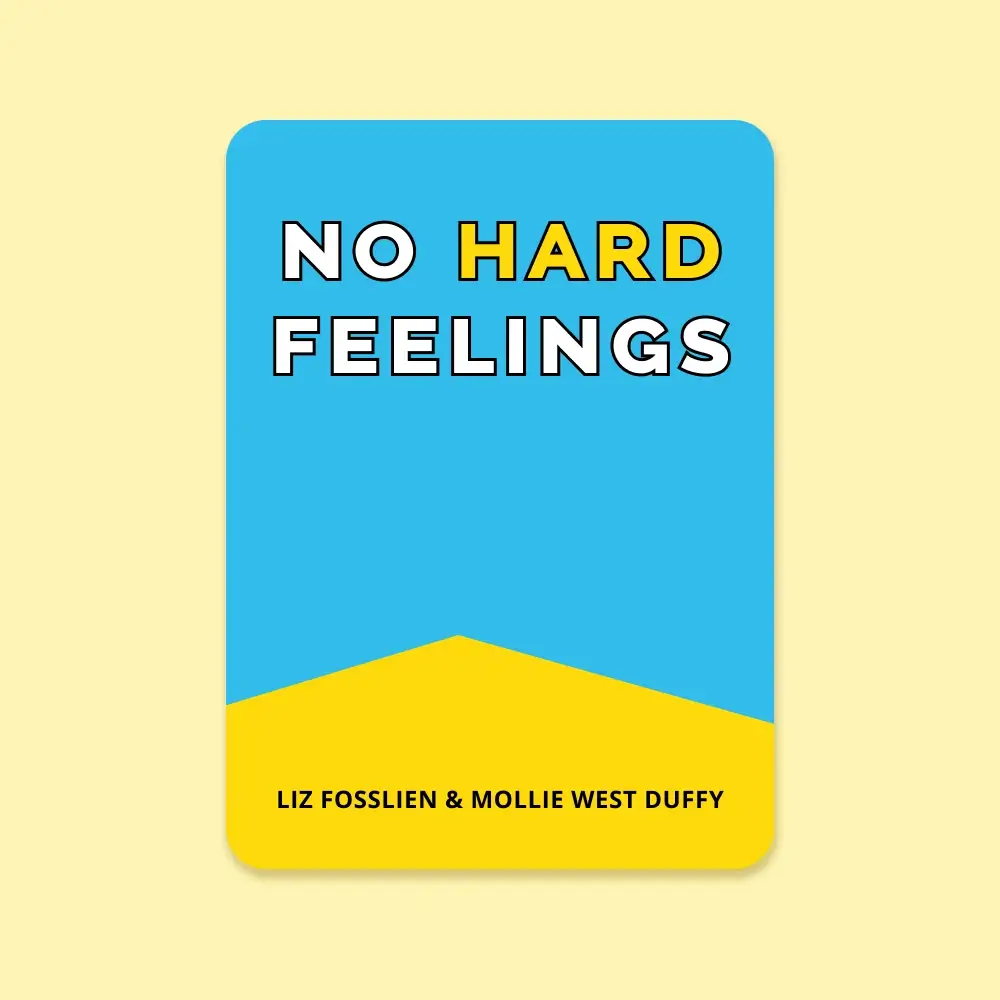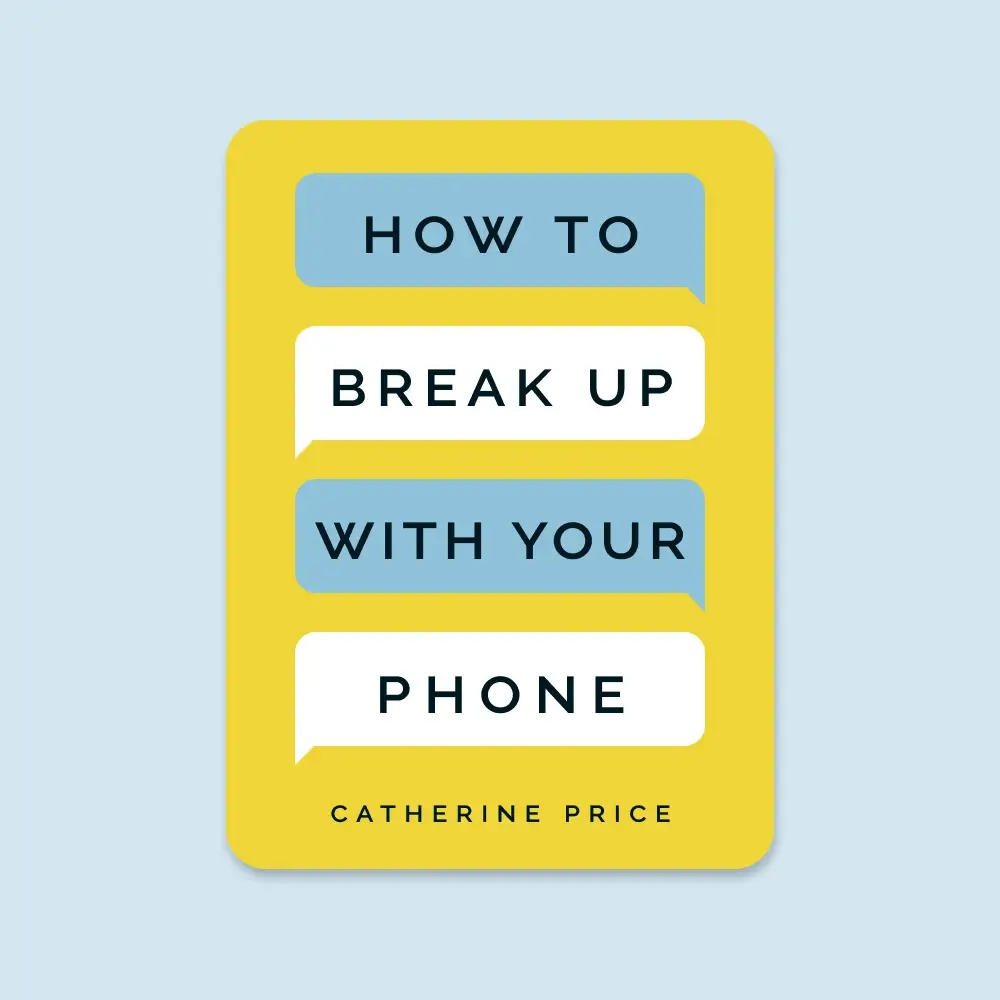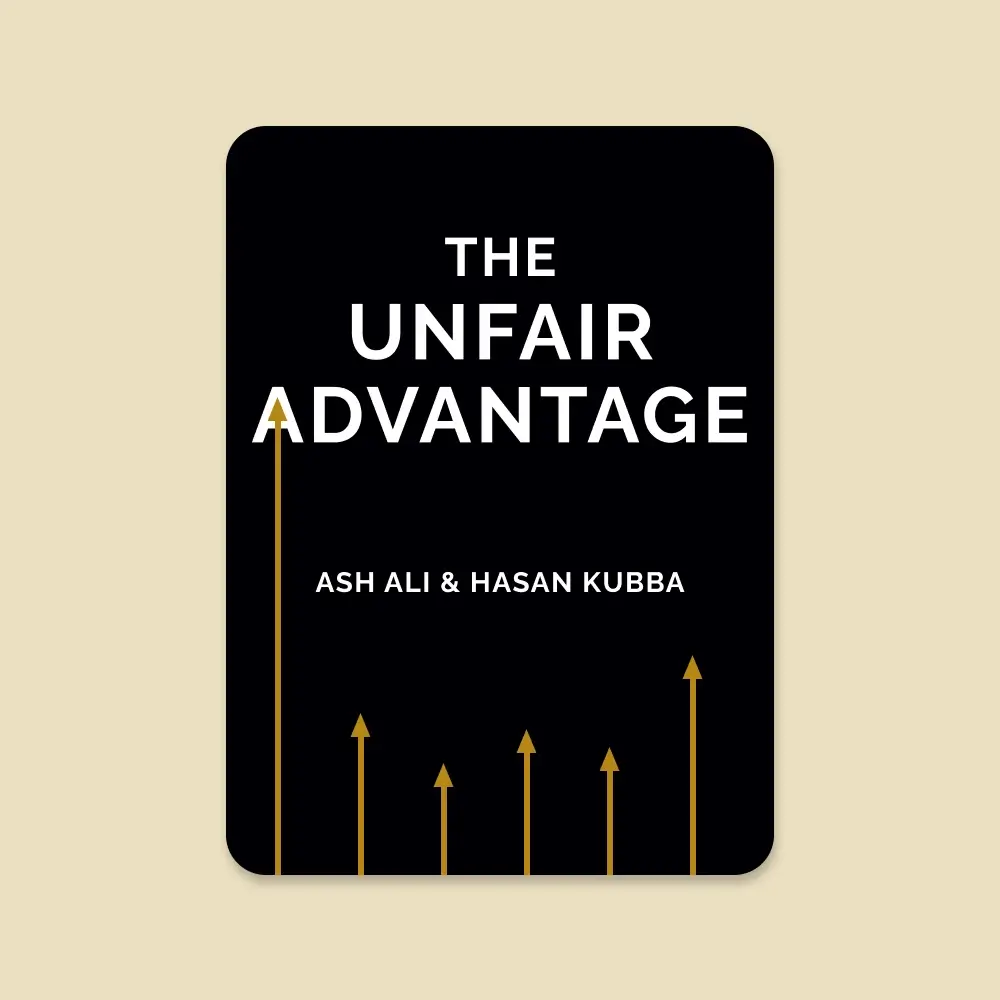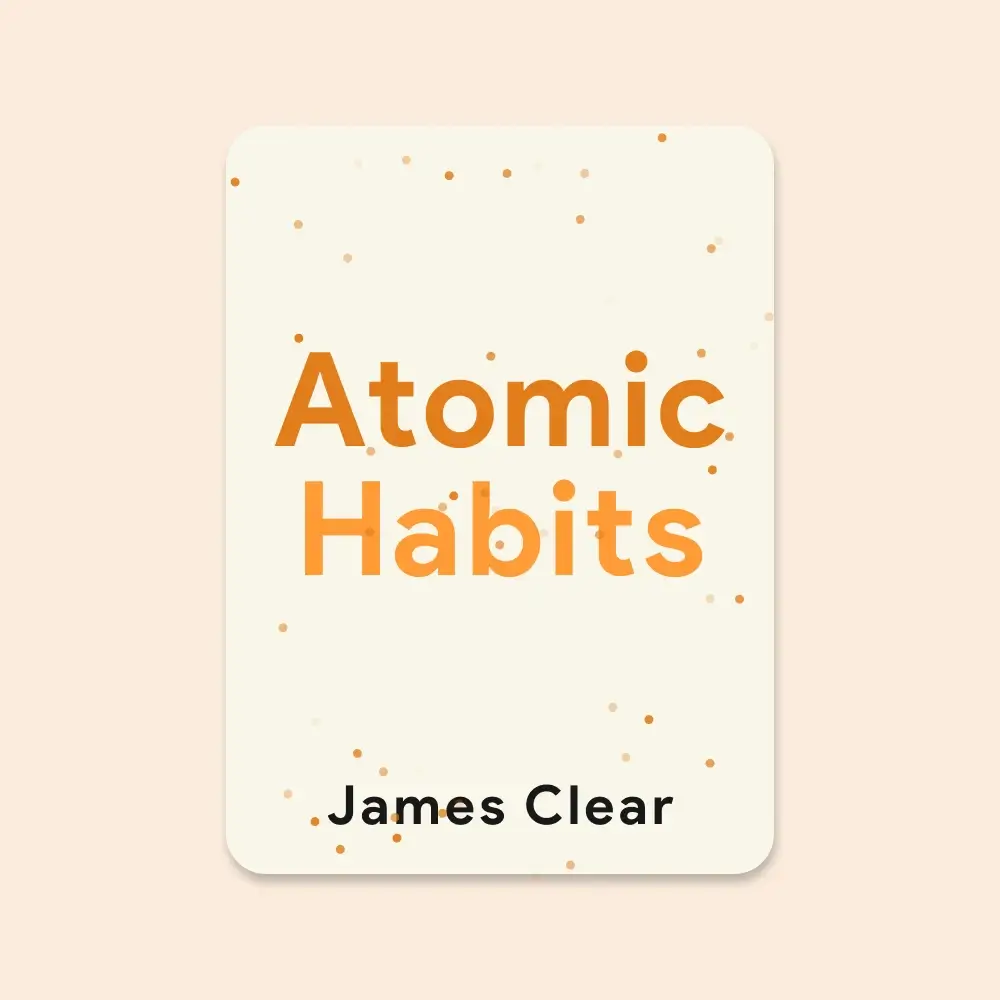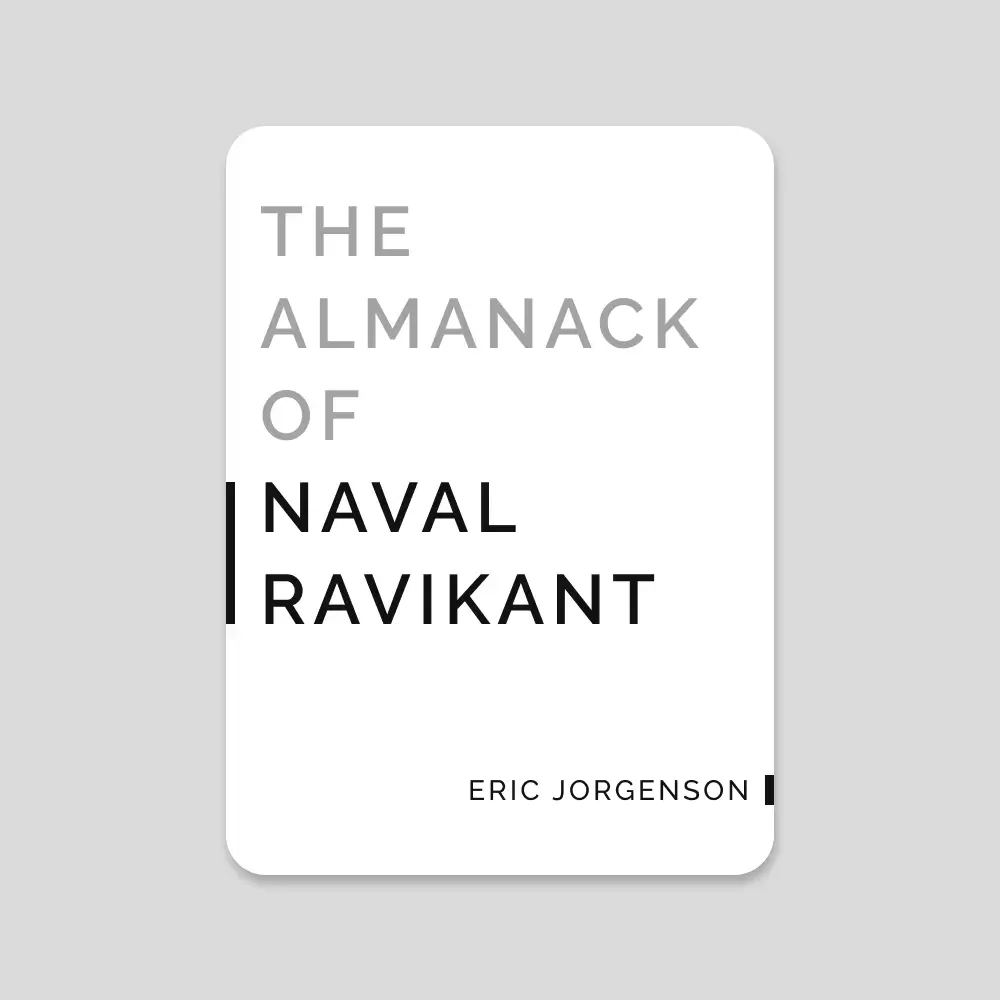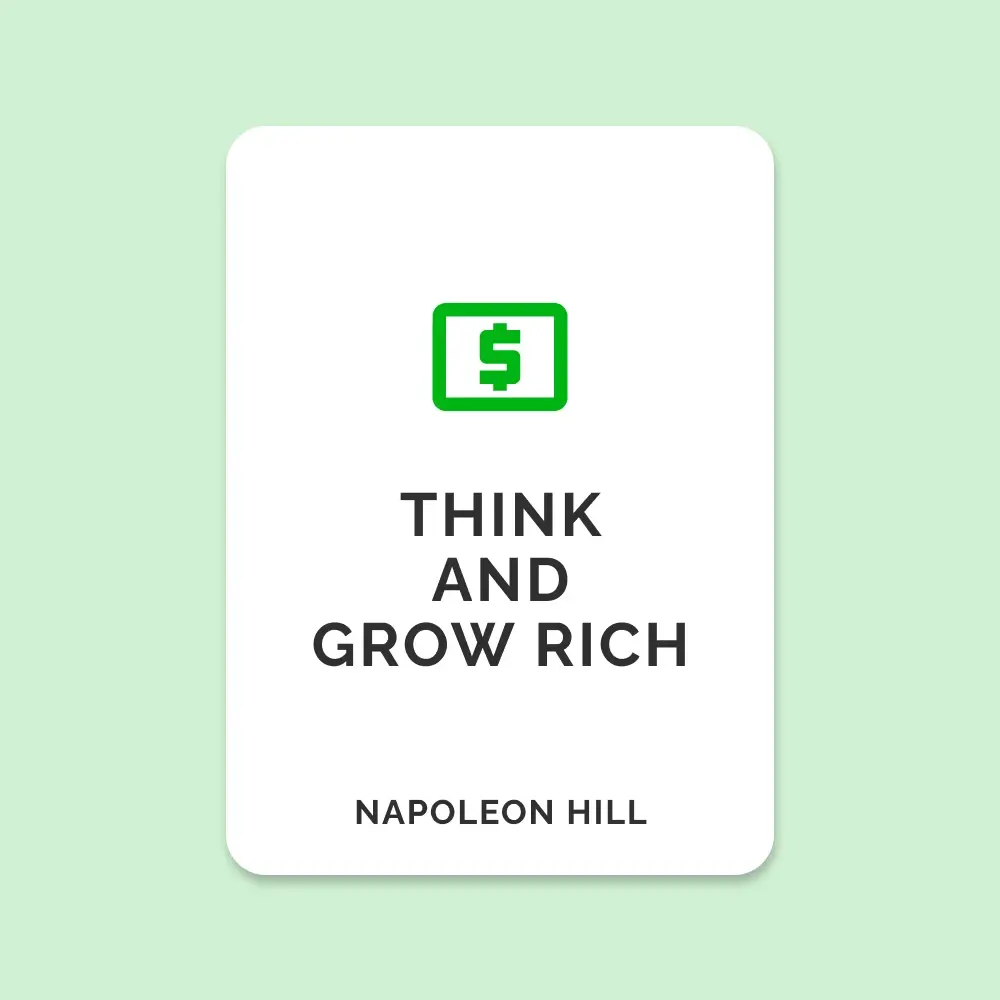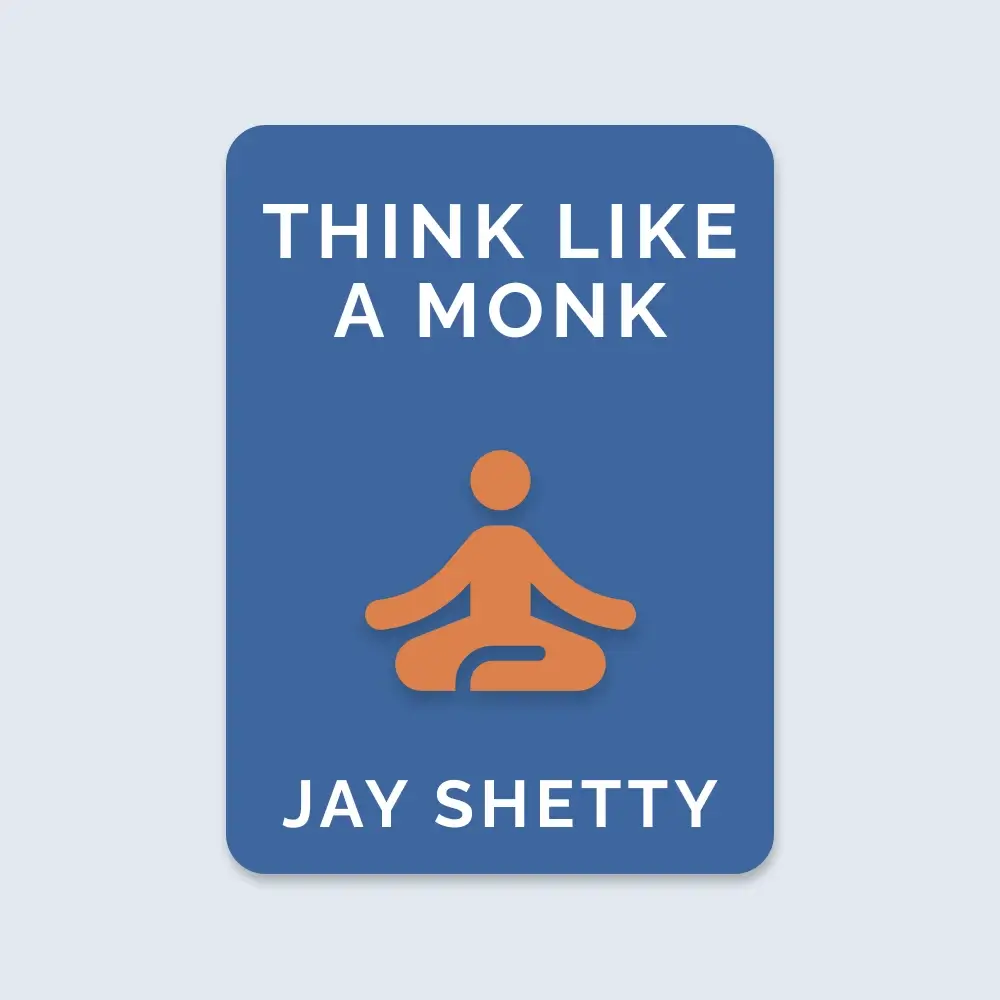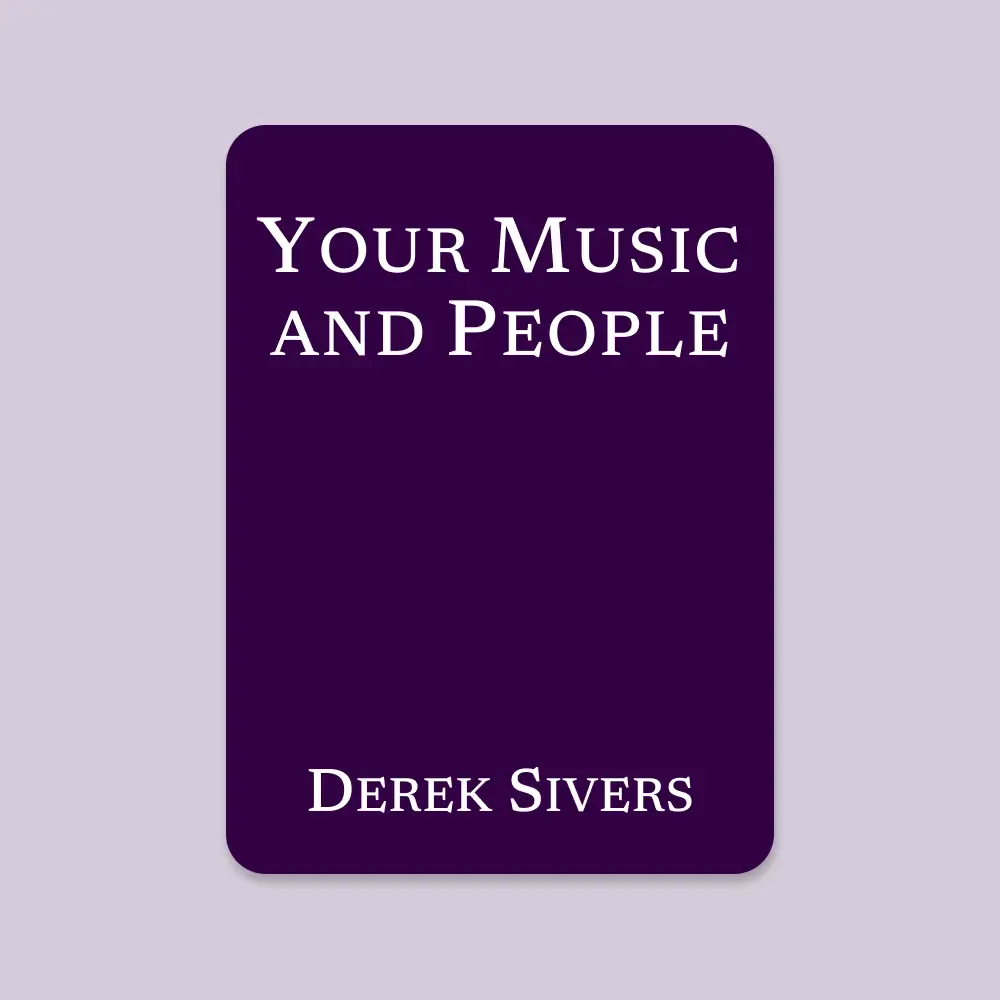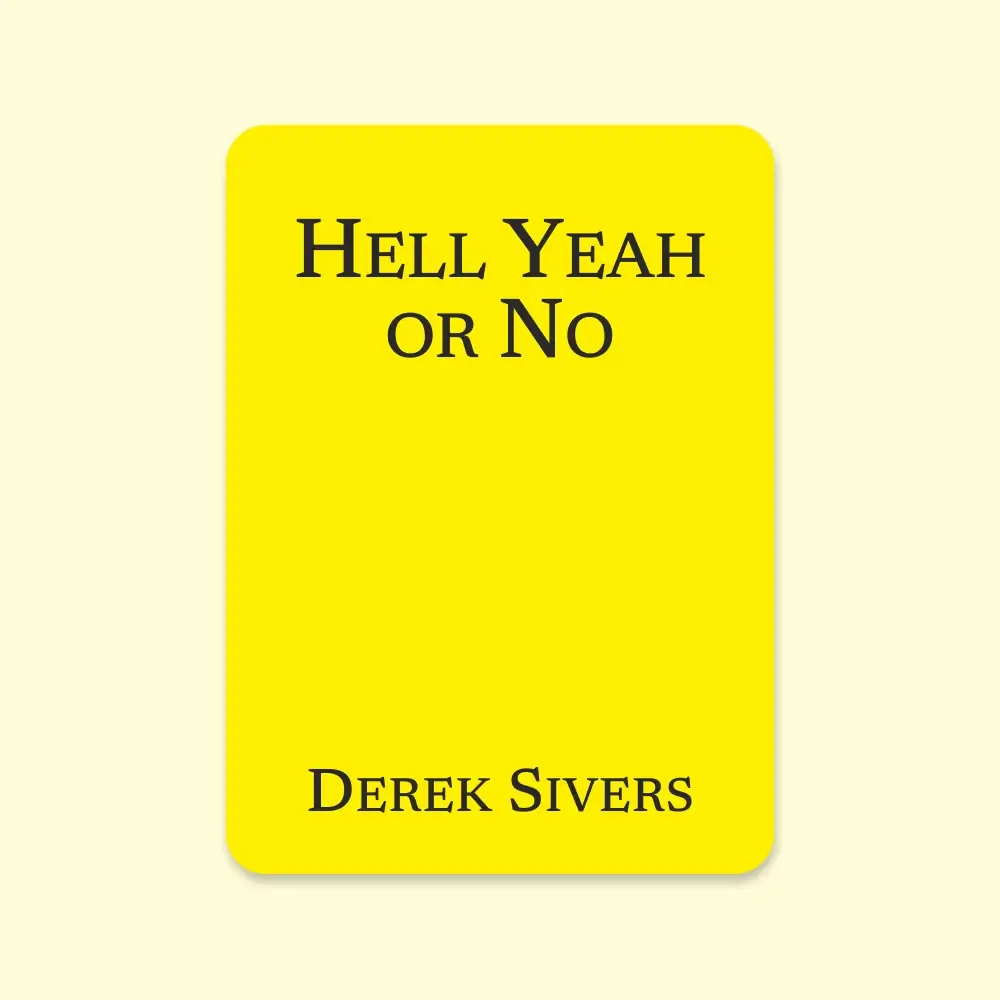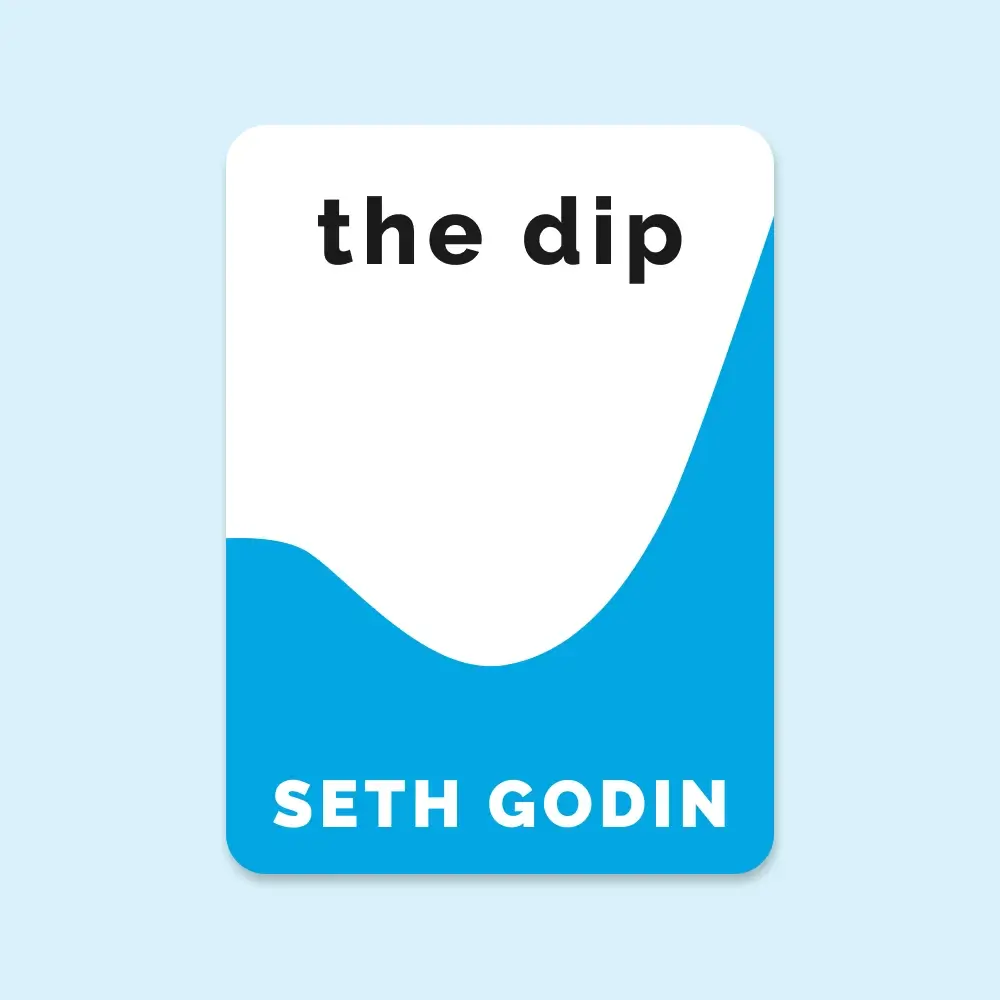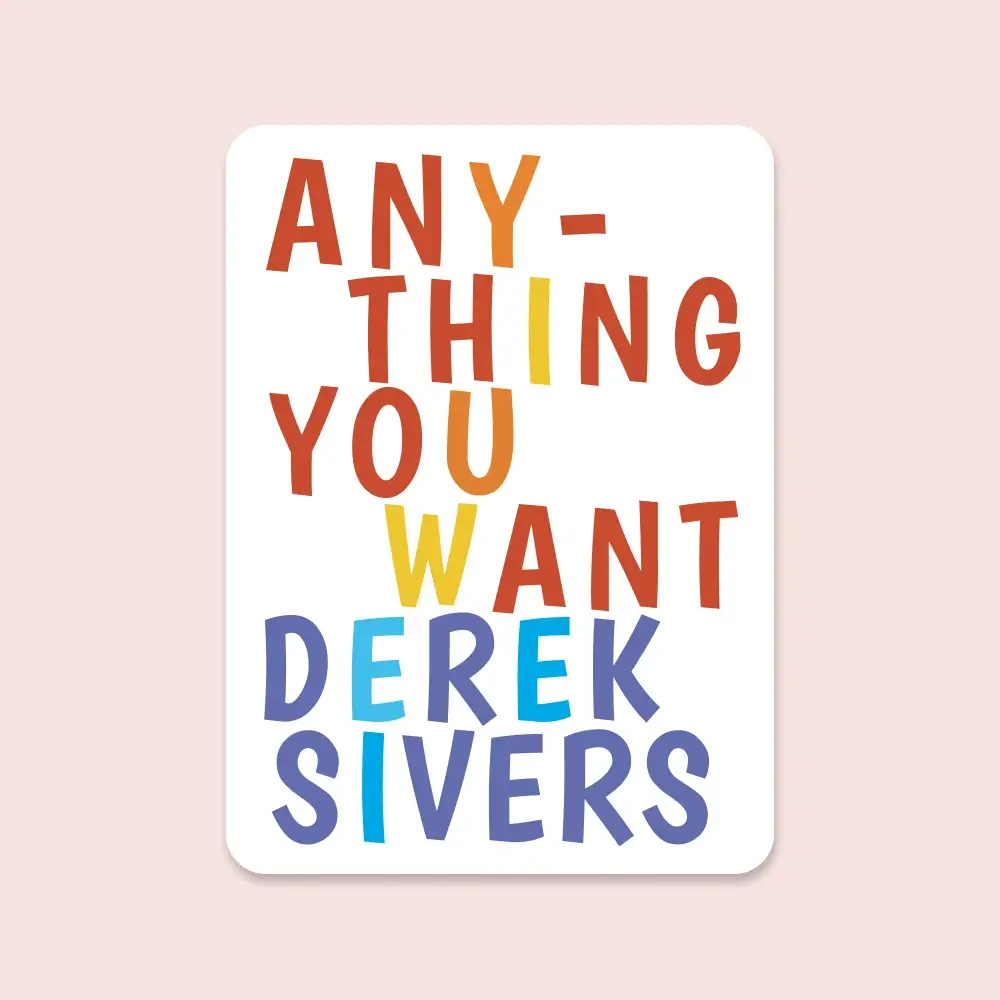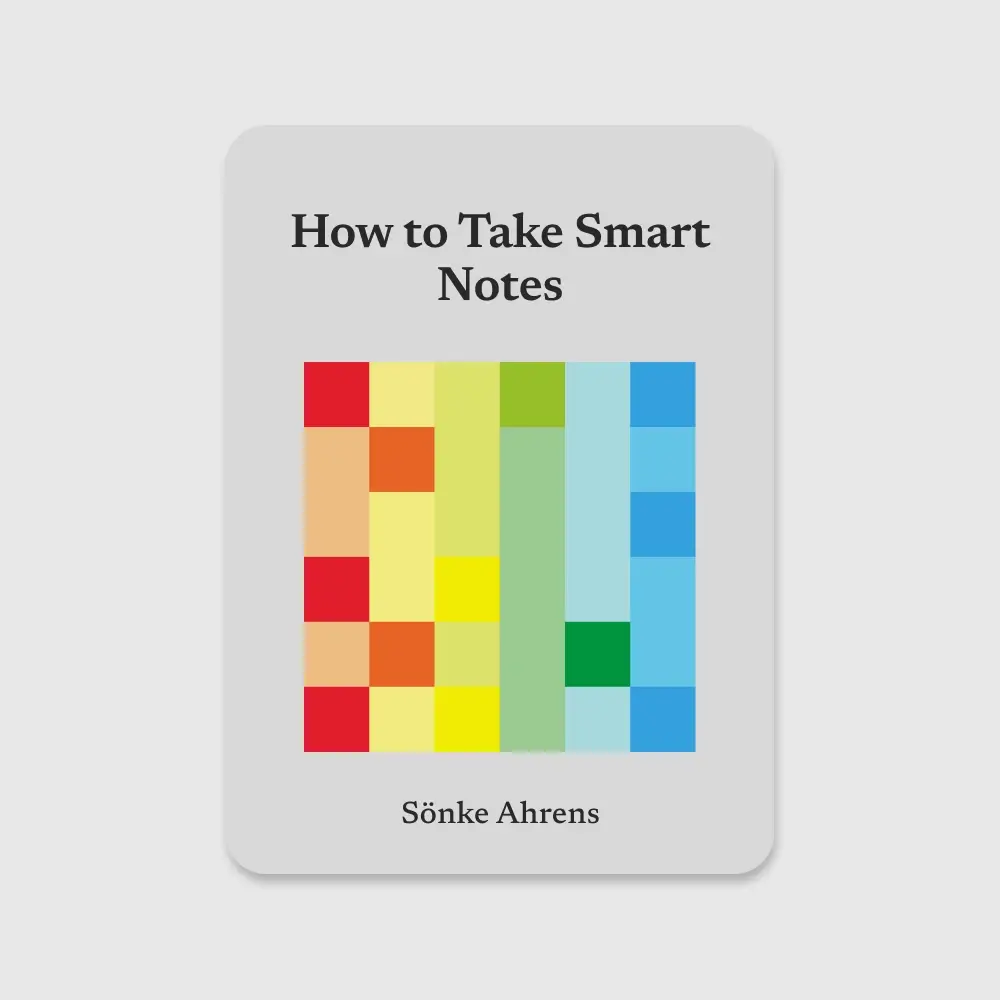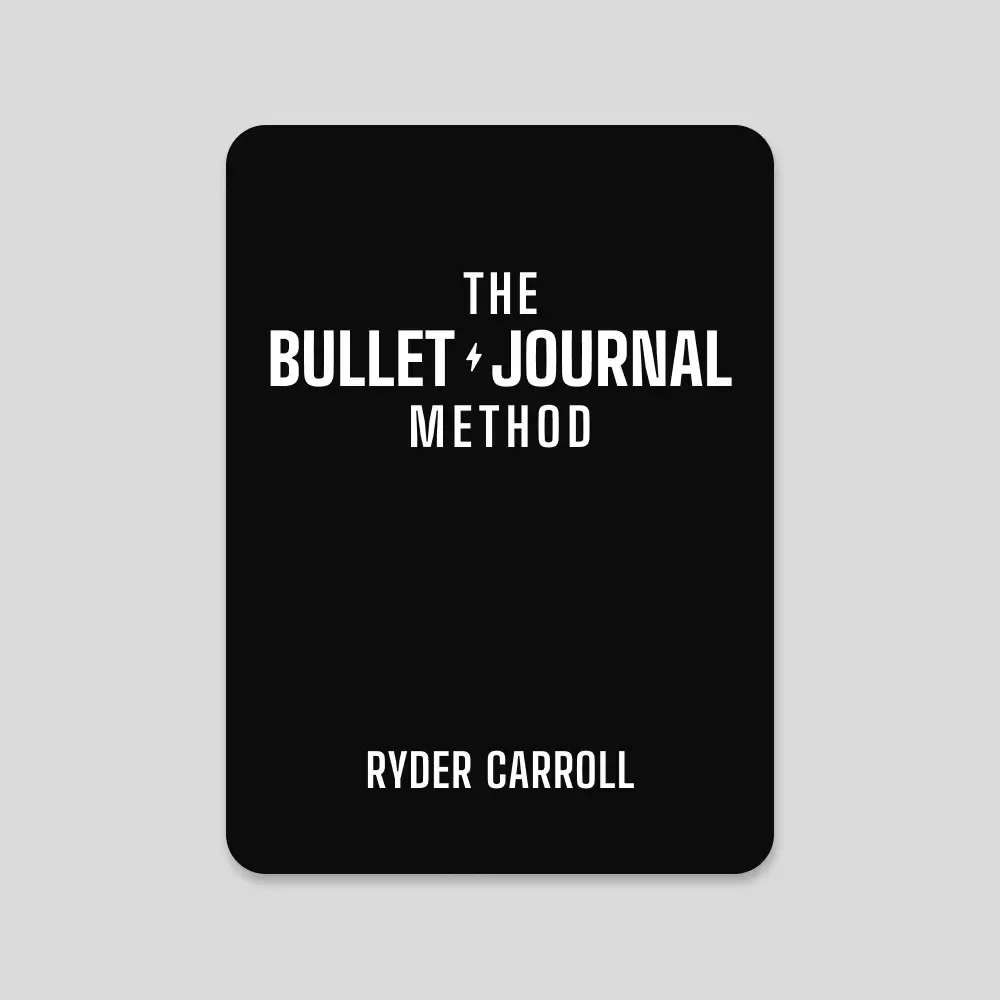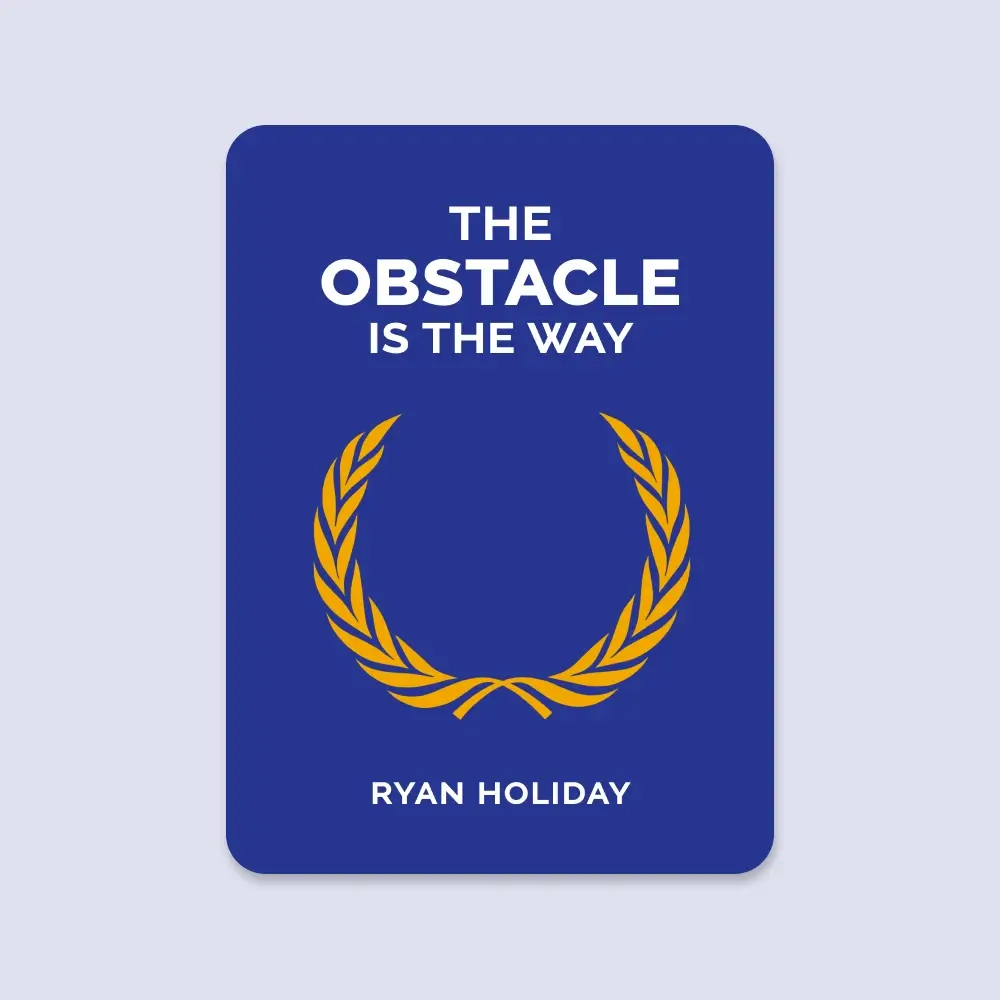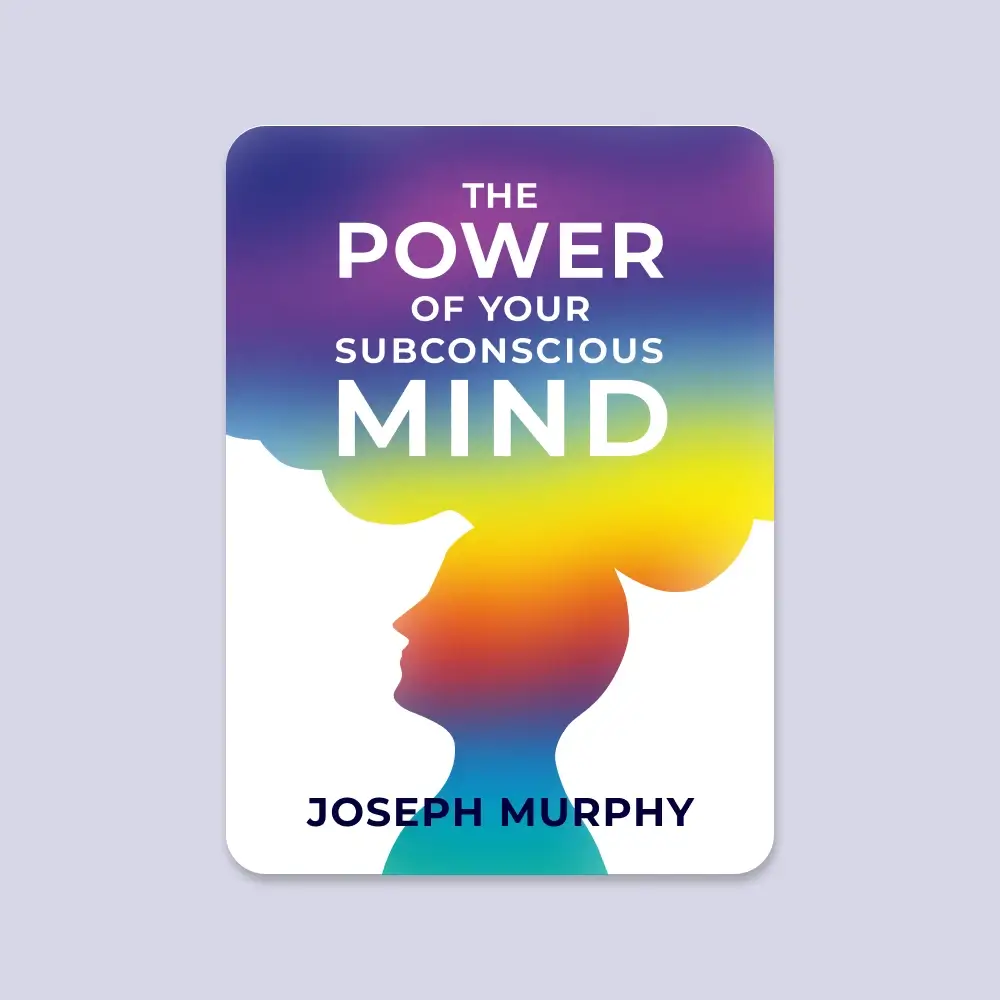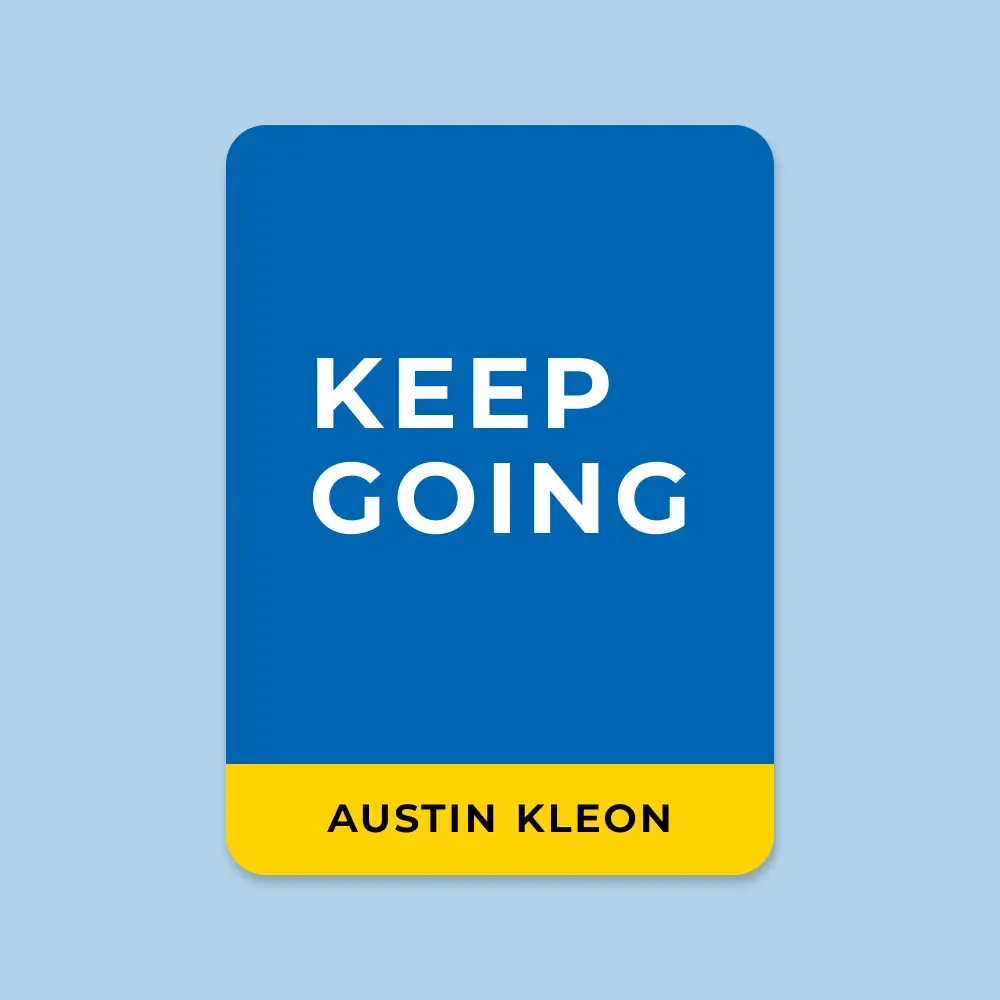
Keep Going
🎨 Creativity is a Lifelong Loop − The creative journey isn’t linear. It spirals. You never “arrive”—you just keep making.
🕰 Today is All You Have − Forget the weight of yesterday and the anxiety of tomorrow. Live and create one day at a time.
📅 Routines Create Freedom − A steady routine shields you from chaos and uncertainty. You don’t need a perfect one—just one that works for you.
🧘 Protect Sacred Time − Disconnect daily to reconnect with yourself. Creativity needs both solitude and silence.
📵 Airplane Mode is a Lifestyle − Shut out distractions. Silence your phone. Embrace boredom, uncertainty, and loneliness—they spark ideas.
🙅♂️ Say No to Say Yes − Decline distractions so you can say yes to what truly matters: your art, your peace, your time.
🔧 Forget the Noun, Do the Verb − Don’t wait for titles. Do the work. Be the verb—make, write, draw, build. Action defines identity.
💼 Keep Your Day Job if You Must − Protect your passion from burnout. Art made with financial pressure often loses its soul.
📈 Metrics Can Misdirect You − Ignore likes, shares, and followers. Make work you love, not what algorithms reward.
🎁 Make Gifts, Not Content − Think of your work as a gift. Focus on impact, not income. One heartfelt piece can touch the world.
🏠 Art is Found at Home − Magic hides in the mundane. You don’t need to escape your life to make meaningful work—just look closer.
👀 Attention is Everything − What you pay attention to shapes your life. Guard it fiercely. Direct it intentionally.
🌱 Be a Decent Human First − The world needs more kindness, not just more art. Create with integrity, curiosity, and openness.
🧼 When in Doubt, Tidy Up − Cleaning clears the mind. Tidy space, messy materials—just enough order to keep chaos useful.
😴 Sleep is a Creative Tool − Rest resets the brain. Naps and dreams often offer breakthroughs where effort cannot.
🚶♂️ Walk to Wake Up − Walking restores clarity and reattunes your senses to the real world. It reveals beauty, perspective, and possibility.
🍂 Embrace Creative Seasons − Not all seasons are for blooming. Know when to rest, observe, and prepare. Patience is part of the process.
📜 Art is a Practice, Not a Result − Let go of perfection. Focus on the doing. Keep making, keep showing up.
🕊 Leave Things Better − Be a good person who makes art. Clean up the mess, spread beauty, and make the world a little lighter.
🌀 Keep Going − No matter what season you’re in, no matter how uncertain or unproductive you feel—just keep going.
“I think I need to keep being creative, not to prove anything but because it makes me happy just to do it . . . I think trying to be creative, keeping busy, has a lot to do with keeping you alive.”—Willie Nelson
“None of us know what will happen. Don’t spend time worrying about it. Make the most beautiful thing you can. Try to do that every day. That’s it.”—Laurie Anderson
-
The creative life is not linear. It’s not a straight line from point A to point B. It’s more like a loop, or a spiral, in which you keep coming back to a new starting point after every project.
-
Other than death, there is no finish line or retirement for the creative person.
-
We have so little control over our lives. The only thing we can really control is what we spend our days on. What we work on and how hard we work on it.
-
Yesterday’s over, tomorrow may never come, there’s just today and what you can do with it.
-
It is only when you and I add the burden of those two awful eternities, yesterday and tomorrow, that we break down. It is not the experience of today that drives men mad. It is remorse or bitterness for something which happened yesterday or the dread of what tomorrow may bring. Let us therefore do our best to live but one day at a time.
-
The creative journey is not one in which you’re crowned the triumphant hero and live happily ever after. The real creative journey is one in which you wake up every day, like Phil, with more work to do.
“How we spend our days is, of course, how we spend our lives.”—Annie Dillard
“Relying on craft and routine is a lot less sexy than being an artistic genius. But it is an excellent strategy for not going insane.”—Christoph Niemann
-
There will be good days and bad days. Days when you feel inspired and days when you want to walk off a bridge. (And some days when you can’t tell the difference.) A daily routine will get you through the day and help you make the most of it. “A schedule defends from chaos and whim,”
-
When you don’t know what to do next, your routine tells you.
-
When you don’t have much time, a routine helps you make the little time you have count. When you have all the time in the world, a routine helps you make sure you don’t waste it.
-
It’s undeniably fun to read about the routines and rituals of creative people, but what becomes clear after a while is that there is no perfect, universal routine for creative work. “One’s daily routine is a highly idiosyncratic collection of compromises, neuroses, and superstitions,” Currey writes, “built up through trial and error and subject to a variety of external conditions.” You can’t just borrow your favorite artist’s daily routine and expect it to work for you. Everyone’s day is full of different obligations—jobs, families, social lives—and every creative person has a different temperament.
-
Rather than restricting your freedom, a routine gives you freedom by protecting you from the ups and downs of life and helping you take advantage of your limited time, energy, and talent. A routine establishes good habits that can lead to your best work.
-
What your daily routine consists of is not that important. What’s important is that the routine exists.
“My hangovers are scheduled a year in advance.”—John Waters
“I make lists to keep my anxiety level down. If I write down fifteen things to be done, I lose that vague, nagging sense that there are an overwhelming number of things to be done, all of which are on the brink of being forgotten.”—Mary Roach
“Your list is your past and your future. Carry at all times. Prioritize: today, this week, and eventually. You will someday die with items still on your list, but for now, while you live, your list helps prioritize what can be done in your limited time.”—Tom Sachs
“Finish every day and be done with it. You have done what you could; some blunders and absurdities no doubt crept in; forget them as soon as you can. Tomorrow is a new day; you shall begin it well and serenely, and with too high a spirit to be cumbered with your old nonsense.”—Ralph Waldo Emerson
-
Not every day is going to turn out the way we want it to. The important thing is to make it to the end of the day, no matter what. No matter how bad it gets, see it through to the end so you can get to tomorrow.
-
Every day is like a blank page: When you’re finished filling it, you can save it, you can crumple it up, or you can slide it into the recycling bin and let it be. Only time will tell you what it was worth.
“Every day is a new deal. Keep workin’ and maybe sump’n’ll turn up.”—Harvey Pekar
“It’s hard to find anything to say about life without immersing yourself in the world, but it’s also just about impossible to figure out what it might be, or how to best say it, without getting the hell out of it again.”—Tim Kreider
-
Creativity is about connection—you must be connected to others in order to be inspired and share your own work—but it is also about disconnection. You must retreat from the world long enough to think, practice your art, and bring forth something worth sharing with others. You must play a little hide-and-seek in order to produce something worth being found.
-
What’s clear is that it’s healthiest if we make a daily appointment to disconnect from the world so that we can connect with ourselves. Kids, jobs, sleep, and a thousand other things will get in the way, but we have to find our own sacred space, our own sacred time.
“The greatest need of our time is to clean out the enormous mass of mental and emotional rubbish that clutters our minds and makes of all political and social life a mass illness. Without this housecleaning, we cannot begin to see. Unless we see, we cannot think.”—Thomas Merton
“Everybody gets so much information all day long that they lose their common sense.”—Gertrude Stein
- When you reach for your phone or your laptop upon waking, you’re immediately inviting anxiety and chaos into your life. You’re also bidding adieu to some of the most potentially fertile moments in the life of a creative person.
“Keep your eye on your inner world and keep away from ads and idiots and movie stars.”—Dorothea Tanning
“The phone gives us a lot but it takes away three key elements of discovery: loneliness, uncertainty, and boredom. Those have always been where creative ideas come from.”—Lynda Barry
- Airplane mode is not just a setting on your phone: It can be a whole way of life.
“Almost everything will work again if you unplug it for a few minutes—including you.”—Anne Lamott
-
Saying no is its own art form.
-
“How to Graciously Say No to Anyone,” Alexandra Franzen suggests the following: Thank the sender for thinking of you, decline, and, if you can, offer another form of support.
-
Saying “no” to the world can be really hard, but sometimes it’s the only way to say “yes” to your art and your sanity.
-
Forget the Noun, Do the Verb
“You have to have done something before you can be said to have done something. The title of artist or architect or musician needs to somehow be earned.”—Dave Hickey
-
Creativity is just a tool. Creativity can be used to organize your living room, paint a masterpiece, or design a weapon of mass destruction.
-
Job titles can mess you up. Job titles, if they’re taken too seriously, will make you feel like you need to work in a way that befits the title, not the way that fits the actual work. Job titles can also restrict the kinds of work that you feel like you can do. If you only consider yourself a “painter,” then what happens when you want to try out writing? If you only consider yourself a “filmmaker,” what happens when you want to try sculpting?
-
If you wait for someone to give you a job title before you do the work, you might never get to do the work at all. You can’t wait around for someone to call you an artist before you make art. You’ll never make it.
“I don’t know what I am. I know that I am not a category. I am not a thing—a noun. I seem to be a verb, an evolutionary process.”—R. Buckminster Fuller
“You must practice being stupid, dumb, unthinking, empty. Then you will be able to DO . . . Try to do some BAD work—the worst you can think of and see what happens but mainly relax and let everything go to hell—you are not responsible for the world—you are only responsible for your work—so DO IT.”—Sol LeWitt to Eva Hesse
-
We used to have hobbies; now we have “side hustles.”
-
I’m so insanely lucky right now. I live the dream, in a sense, because I get paid to do what I would probably do anyway for free. But things can get very, very tricky when you turn the thing you love into the thing that keeps you and your family clothed and fed. Everyone who’s turned their passion into their breadwinning knows this is dangerous territory.
-
One of the easiest ways to hate something you love is to turn it into your job: taking the thing that keeps you alive spiritually and turning it into the thing that keeps you alive literally.
-
If you want maximum artistic freedom, keep your overhead low. A free creative life is not about living within your means, it’s about living below your means.
-
“Do what you love” + low overhead = a good life. “Do what you love” + “I deserve nice things” = a time bomb.
“It’s always good to have a hobby where there’s no way to monetize it . . . So follow your dreams, but right up to the point where they become your job, and then run in the other direction.”—David Rees
“Not everything that can be counted counts, and not everything that counts can be counted.”—William Bruce Cameron
-
Money is not the only measurement that can corrupt your creative practice. Digitizing your work and sharing it online means that it is subject to the world of online metrics: website visits, likes, favorites, shares, reblogs, retweets, follower counts, and more. It’s easy to become as obsessed with online metrics as money. It can then be tempting to use those metrics to decide what to work on next, without taking into account how shallow those metrics really are.
-
If you share work online, try to ignore the numbers at least every once in a while. Increase the time between your sharing and receiving feedback. Post something and don’t check the response for a week. Turn off the analytics for your blog and write about whatever you want.
-
When you ignore quantitative measurements for a bit, you can get back to qualitative measurements. Is it good? Really good? Do you like it? You can also focus more on what the work does that can’t be measured. What it does to your soul.
“No artist can work simply for results; he must also like the work of getting them.”—Robert Farrar Capon
“Don’t make stuff because you want to make money—it will never make you enough money. And don’t make stuff because you want to get famous—because you will never feel famous enough. Make gifts for people—and work hard on making those gifts in the hope that those people will notice and like the gifts.”—John Green
-
In his book The Gift, Lewis Hyde argues that art exists in both gift and market economies, but “where there is no gift, there is no art.” When our art is taken over by market considerations—what’s getting clicks, what’s selling—it can quickly lose the gift element that makes it art.
-
You never know when a gift made for a single person will turn into a gift for the whole world.
Making gifts puts us in touch with our gifts. “What I’m really concerned about is reaching one person.”—Jorge Luis Borges
“It’s as true today as it ever was: He who seeks beauty will find it.”—Bill Cunningham
-
Really great artists are able to find magic in the mundane.
-
You do not need to have an extraordinary life to make extraordinary work. Everything you need to make extraordinary art can be found in your everyday life.
-
The first step toward transforming your life into art is to start paying more attention to it.
“It’s always been my philosophy to try to make art out of the everyday and ordinary . . . it never occurred to me to leave home to make art.”—Sally Mann
“Let’s slow down, not in pace or wordage but in nerves.”—John Steinbeck
-
When people look slowly . . . they make discoveries.
-
You don’t have to be an artist to draw. You just need an eye or two.
“Drawing is the discipline by which I constantly rediscover the world. I have learned that what I have not drawn, I have never really seen, and that when I start drawing an ordinary thing, I realize how extraordinary it is, sheer miracle.”—Frederick Franck
“For anyone trying to discern what to do with their life: PAY ATTENTION TO WHAT YOU PAY ATTENTION TO. That’s pretty much all the info you need.”—Amy Krouse Rosenthal
- Your attention is one of the most valuable things you possess, which is why everyone wants to steal it from you. First you must protect it, and then you must point it in the right direction.
“To pay attention, this is our endless and proper work.”—Mary Oliver
- If you want to change your life, change what you pay attention to.
“Tell me to what you pay attention and I will tell you who you are.”—José Ortega y Gassett
“However glorious the history of art, the history of artists is quite another matter.”—Ben Shahn
- The world doesn’t necessarily need more great artists. It needs more decent human beings.
“I’m making explorations. I don’t know where they’re going to take me.”—Marshall McLuhan
-
To have hope, you must acknowledge that you don’t know everything and you don’t know what’s going to happen. That’s the only way to keep going and the only way to keep making art: to be open to possibility and allow yourself to be changed.
-
Interacting with people who don’t share our perspective forces us to rethink our ideas, strengthen our ideas, or trade our ideas for better ones. When you’re only interacting with like-minded people all the time, there’s less and less opportunity to be changed.
-
If you really want to explore ideas, you should consider hanging out with people who aren’t so much like-minded as like-hearted. These are people who are “temperamentally disposed to openness and have habits of listening.” People who are generous, kind, caring, and thoughtful. People who, when you say something, “think about it, rather than just simply react.” People you feel good around.
-
The Roman statesman and philosopher Seneca said that if you read old books, you get to add all the years the author lived onto your own life.
-
When In Doubt, Tidy Up.
“The disorder of the desk, the floor; the yellow Post-it notes everywhere; the whiteboards covered with scrawl: all this is the outward manifestation of the messiness of human thought.”—Ellen Ullman
-
Creativity is about connections, and connections are not made by siloing everything off into its own space. New ideas are formed by interesting juxtapositions, and interesting juxtapositions happen when things are out of place.
-
It’s always a mistake to equate productivity and creativity. They are not the same. In fact, they’re frequently at odds with each other: You’re often most creative when you’re the least productive.
-
Keep your tools organized and your materials messy.
“I can never find what I want, but the benefit is that I always find something else.”—Irvine Welsh
-
The best thing about tidying is that it busies my hands and loosens up my mind so that I either a) get unstuck or solve a new problem in my head, or b) come across something in the mess that leads to new work.
-
Tidying in the hope of obtaining perfect order is stressful work. Tidying without worrying too much about the results can be a soothing form of play. When in doubt, tidy up.
“Naps are essential to my process. Not dreams, but that state adjacent to sleep, the mind on waking.”—William Gibson
-
Sleep is an excellent tool for tidying up your brain. When you sleep, your body literally flushes out the junk in your head.
-
Art is not only made from things that “spark joy.” Art is also made out of what is ugly or repulsive to us. Part of the artist’s job is to help tidy up the place, to make order out of chaos, to turn trash into treasure, to show us beauty where we can’t see it.
-
Leave things better than you found them.
“I walked myself into my best thoughts.”—Søren Kierkegaard
-
Walking really is a magic cure for people who want to think straight.
-
If we do not get outside, if we do not take a walk out in the fresh air, we do not see our everyday world for what it really is, and we have no vision of our own with which to combat disinformation.
-
When we’re glued to our screens, the world looks unreal. Terrible. Not worth saving or even spending time with. Everyone on earth seems like a troll or a maniac or worse. But you get outside and you start walking and you come to your senses. Yeah, there are a few maniacs and some ugliness, but there are also people smiling, birds chirping, clouds flying overhead . . . all that stuff. There’s possibility. Walking is a way to find possibility in your life when there doesn’t seem to be any left.
“Go out and walk. That is the glory of life.”—Maira Kalman
-
Like a tree, creative work has seasons. Part of the work is to know which season you’re in, and act accordingly. In winter, “the tree looks dead, but we know it is beginning a very deep process, out of which will come spring and summer.”
-
You have to pay attention to the rhythms and cycles of your creative output and learn to be patient in the off-seasons. You have to give yourself time to change and observe your own patterns.
“Imitate the trees. Learn to lose in order to recover, and remember that nothing stays the same for long.”—May Sarton
-
Our lives, too, have different seasons. Some of us blossom at a young age; others don’t blossom until old age. Our culture mostly celebrates early successes, the people who bloom fast. But those people often wither as quickly as they bloom.
-
“There is no measuring with time, no year matters, and ten years are nothing. Being an artist means, not reckoning and counting, but ripening like the tree which does not force its sap and stands confident in the storms of spring without the fear that after them may come no summer. It does come. But it comes only to the patient, who are there as though eternity lay before them, so unconcernedly still and wide. I learn it daily, learn it with pain to which I am grateful: patience is everything!”—Rainer Maria Rilke
‘And this, too, shall pass away.’
-
Every day is a potential seed that we can grow into something beautiful.
-
Worry less about getting things done. Worry more about things worth doing. Worry less about being a great artist. Worry more about being a good human being who makes art. Worry less about making a mark. Worry more about leaving things better than you found them.
-
Keep doing your verbs, whatever they may be. Keep going.
